Dora P and I explored this wonderful place one sunny Sunday morning on the way back from a visit to a friend in Leeds. We bumped into two local explorers when we first got in, but otherwise had the place to ourselves for the next four hours until hunger finally got the better of us.
Walking around it really felt like we had stepped through a portal back in time, yet with present-day Sheffield still visible outside and the sounds of 2013 occasionally drifting in through a broken and dusty window.
History (abridged and adapted from another website)
George Barnsley was born in 1810. In 1823 (aged just 13) he began a seven-year apprenticeship with Thomas Wing as a file forger, before establishing George Barnsley’s with the help of his brother Charles in 1836/7. The partnership specialised in selling files and cutting tools.
George (senior) had a son also called George (his father was also called George – I guess that they just really really liked the name! and in 1850 George (junior) became an apprentice in the firm, becoming a partner in the firm in 1858 whereon it became George Barnsley and Sons.
Listings from 1849 record a move to the Cornhill area of Sheffield, and in 1852 they bought the Cornish Works on Cornish Street which was the location of this explore.
The partnership went on to become a leading manufacturer of tools for the shoe making and leather workers trade with an expansion into butcher’s knives. As the demand for cutting tools grew it became impractical to make them by hand, and in 1860 new machinery was introduced into the factory, replacing skilled men much to the dismay of the workers. At first it was thought that these machines could not produce files at a high enough quality but this was soon proven to be unfounded. George continued to update with modern machinery as it appeared. He is quoted in 1883 at the Cutlers Feast as propounding ‘the need to adapt ourselves to the requirements of the world…..and we shall keep our ancient prestige’.George Barnsley senior died in 1895 aged 58.
George Barnsley junior died at his home at 30 Collegiate Crescent on 30 March 1958, where he lived with his wife Mabel and mother-in-law Elizabeth. The business had converted into a limited company about 10 years before his death.
The 1960s brought stiff competition from Japan and India – the machinery in the factory was in desperate need of modernising as they were still using the Victorian machinery installed by George Barnsley (Junior). The foreign tools could be imported and bought for less money than George Barnsley’s could buy the raw materials to make the same tool.
In 1973 the company ceased making files, which were no longer profitable, with the loss of 60 jobs. It was a hard decision to make as George Barnsley (senior) had started the company by making files. At first files were bought in and sold on, but this soon stopped too. The decline of George Barnsley and Sons was beginning. The next 30 years were hard for the company, with more imports and competition becoming fiercer. The company finally closed in 2003 and the buildings were sold. They now sit empty and (almost!) forgotten, with an uncertain future.
A book called Forging History has been written about the family’s history. One interesting anecdote comes from a descendant, Colin Barnsley, who talked about his precious copies of old George Barnsley & Sons catalogues with their meticulously engraved illustrations of hundreds of tools, with their ferrules shimmering in the light thanks to the addition of gold dust glued to the pages of the old hard-backed books. There was certainly no mass production, even for the catalogues, back in those days – which seems fitting for items which were made with such skill and dedication.
This notice is dated 16 May 1946: “On and after Monday May 20th 1946 morning break for tea will be from 10.15am to 10.30am. Time allowed for shopping will be discontinued as from the above date, as this privilege has been very much abused.”
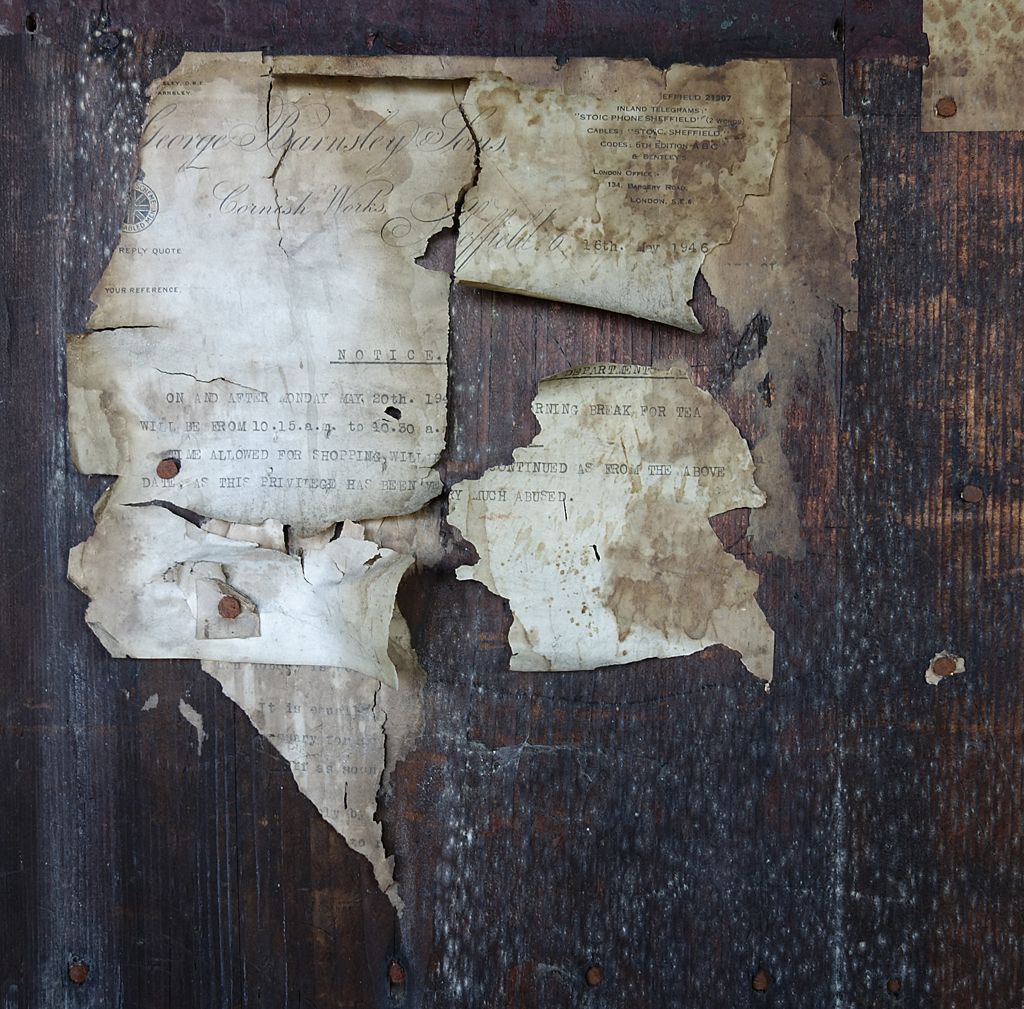
The kitchen could do with a bit of a tidy up…
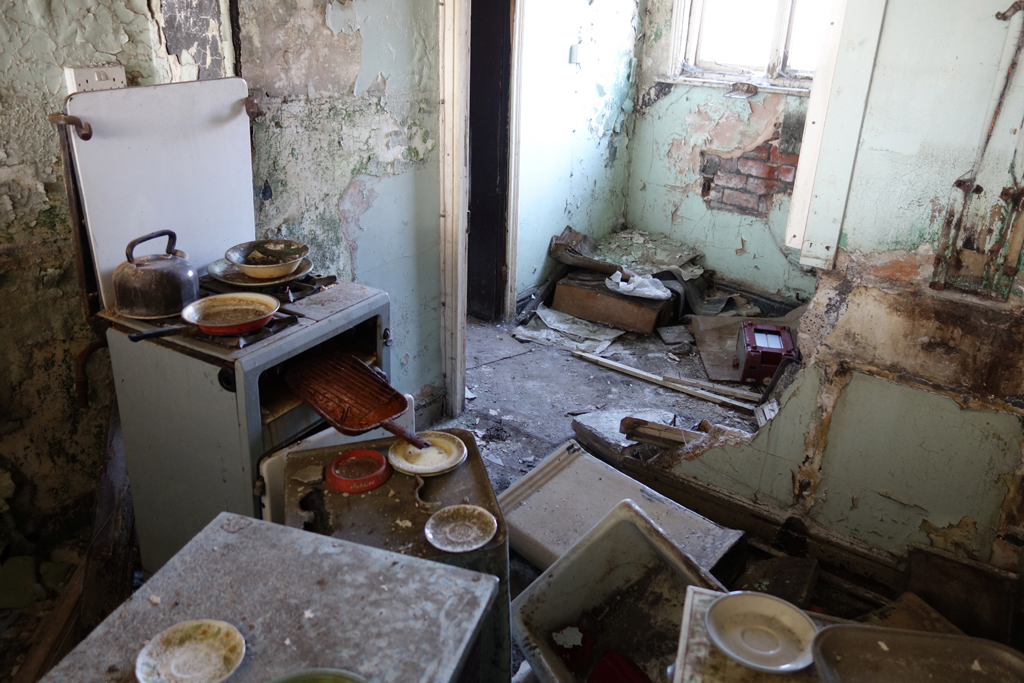
I love the old Co-op milk bottle in the background.
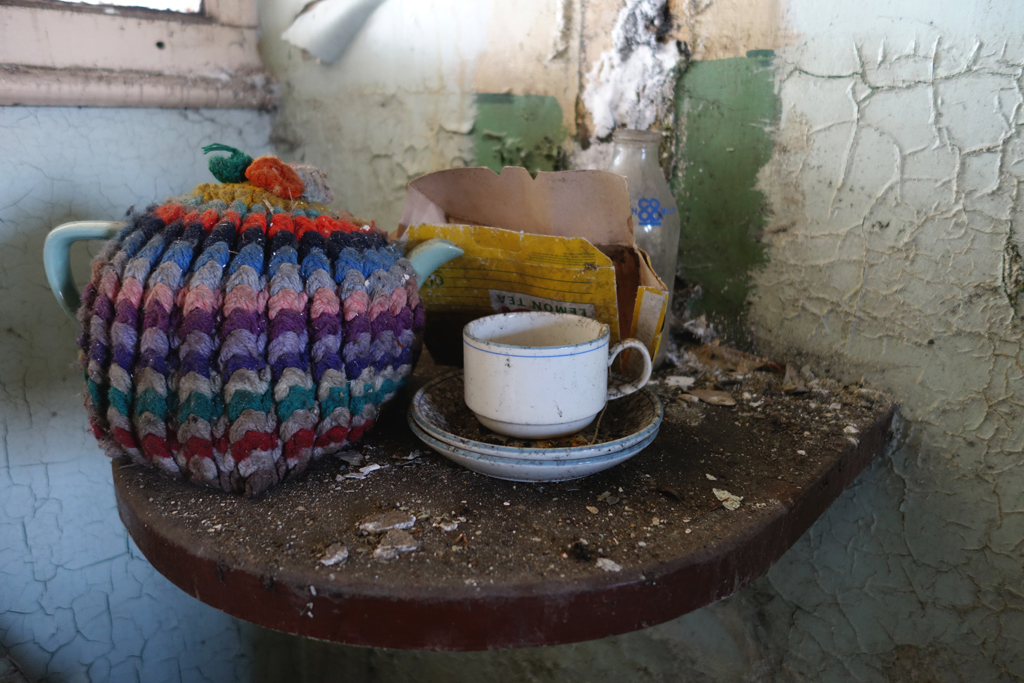
Good old Lizzie – she’s probably in her mid 30s now.
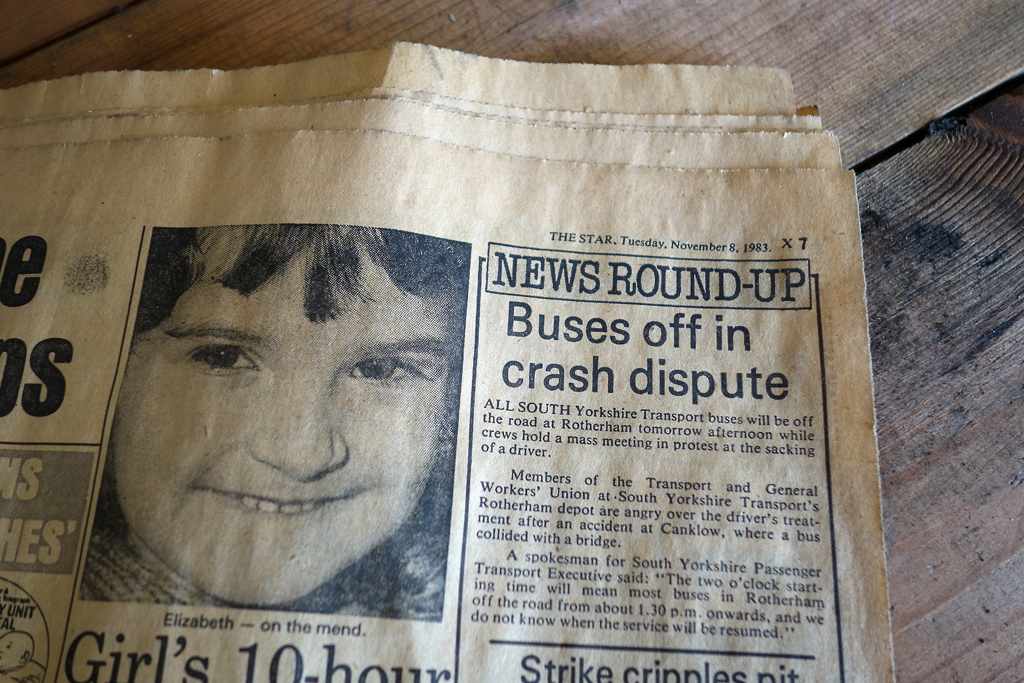
A Regentone model AW66 valve radio from 1946/47. A photo of what it would have looked like in its prime can be seen here.
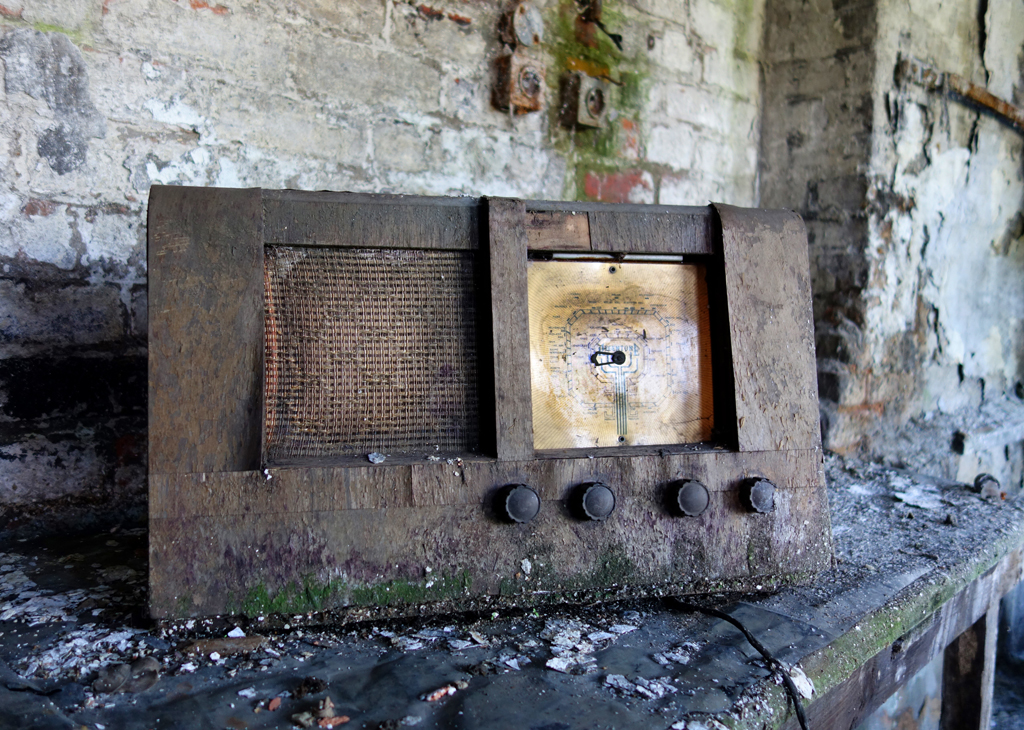
This note appears to date from March 1911! I still can’t quite believe that this tattered old piece of paper has survived for more than 100 years.
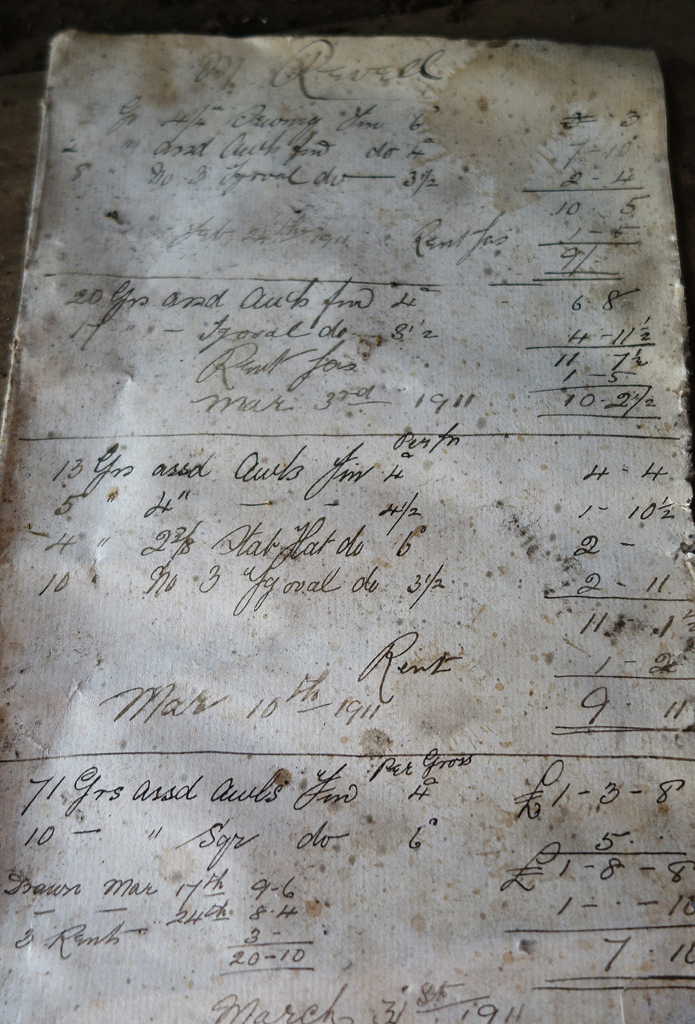
This shot really captures the atmosphere of George Barnsleys for me – modern day Sheffield outside the window on the right, stepping back in time with the window on the left.
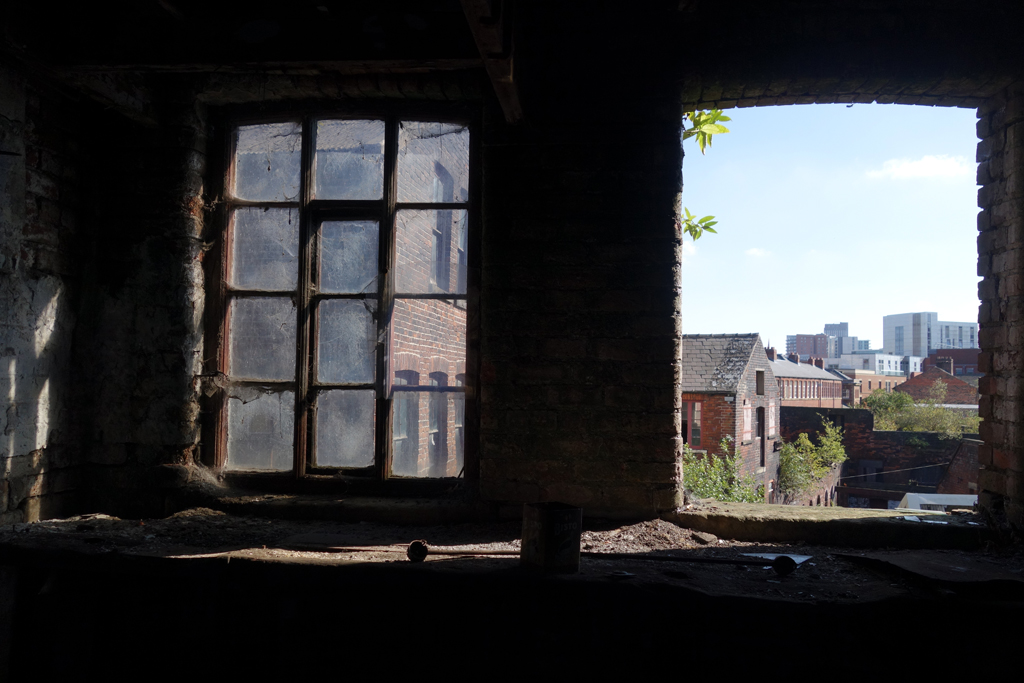
We had to tread carefully here – note the holes in the floor completely rotted through.
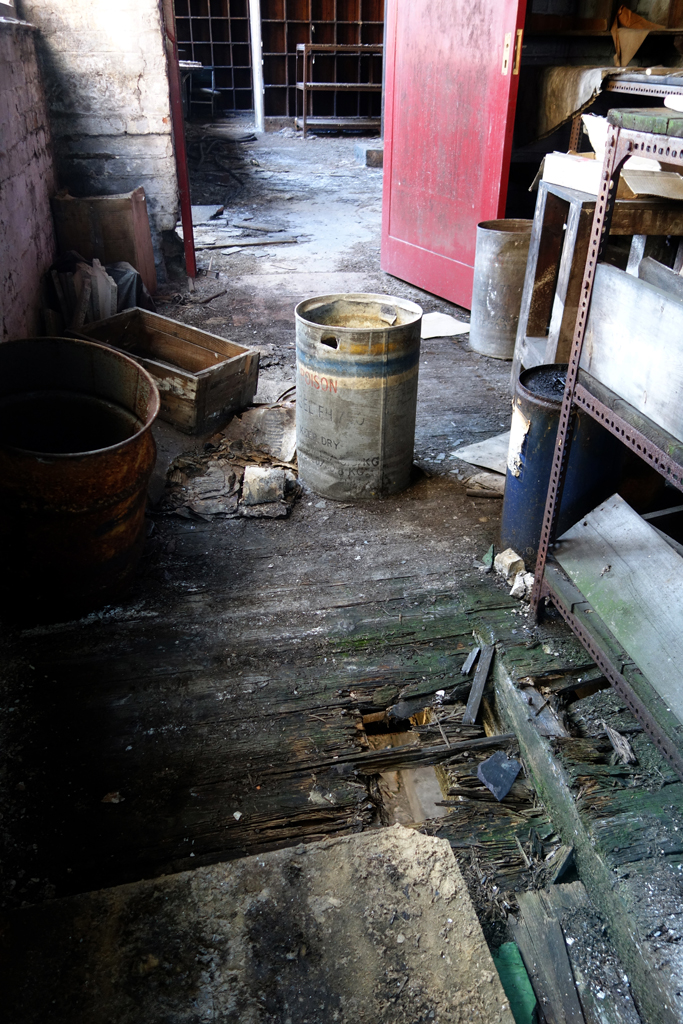
This is a copy of the original indenture of George Barnsley (senior)’s apprenticeship to Thomas Wing, dated 4 June 1823.
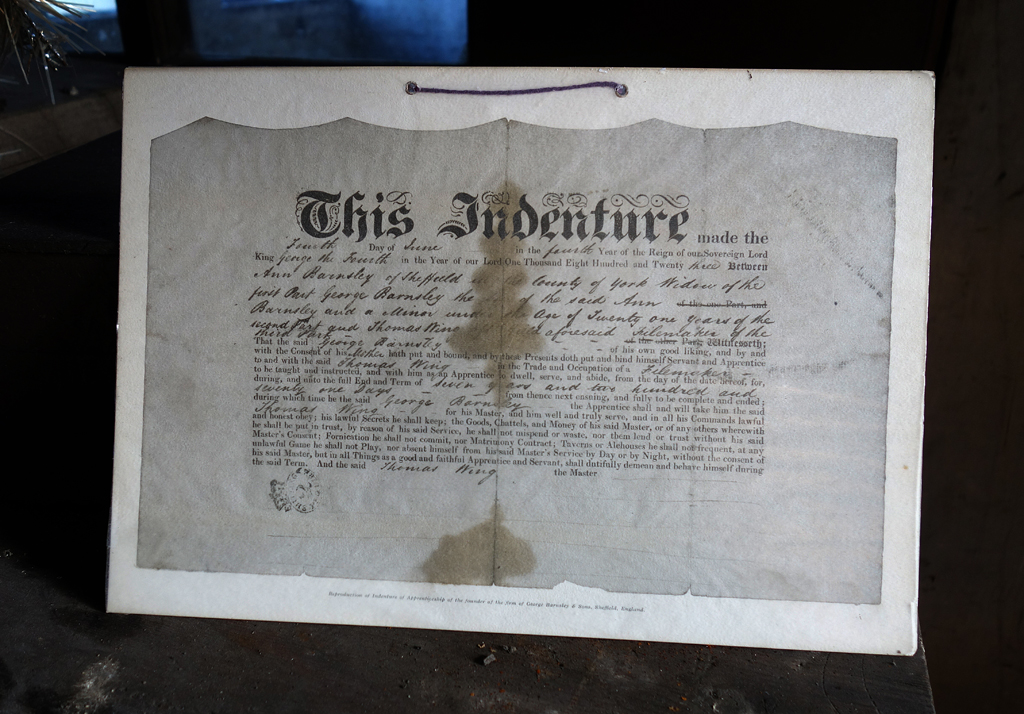
A Burroughs model L5000 ‘visible record computer’ from the 1970s. More information about this can be found here.
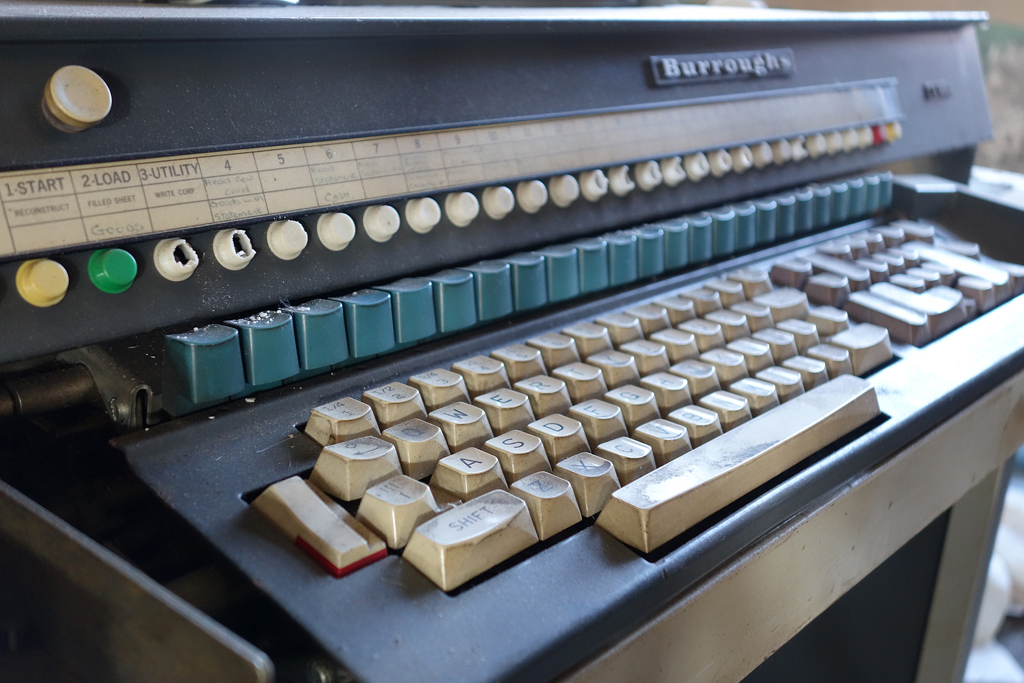
As always, thanks for looking.
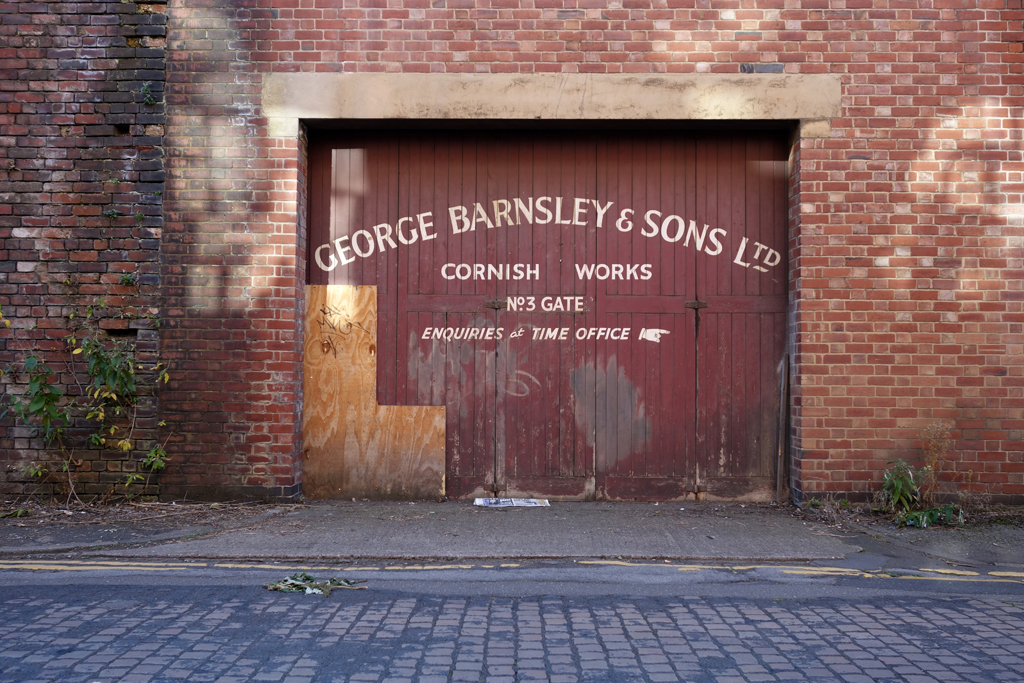

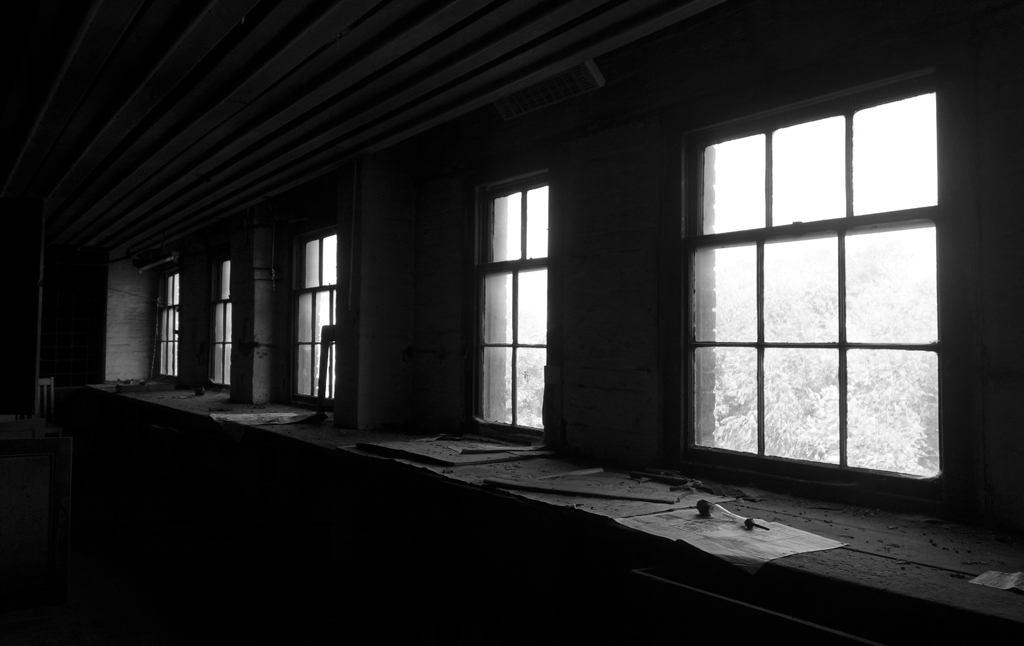
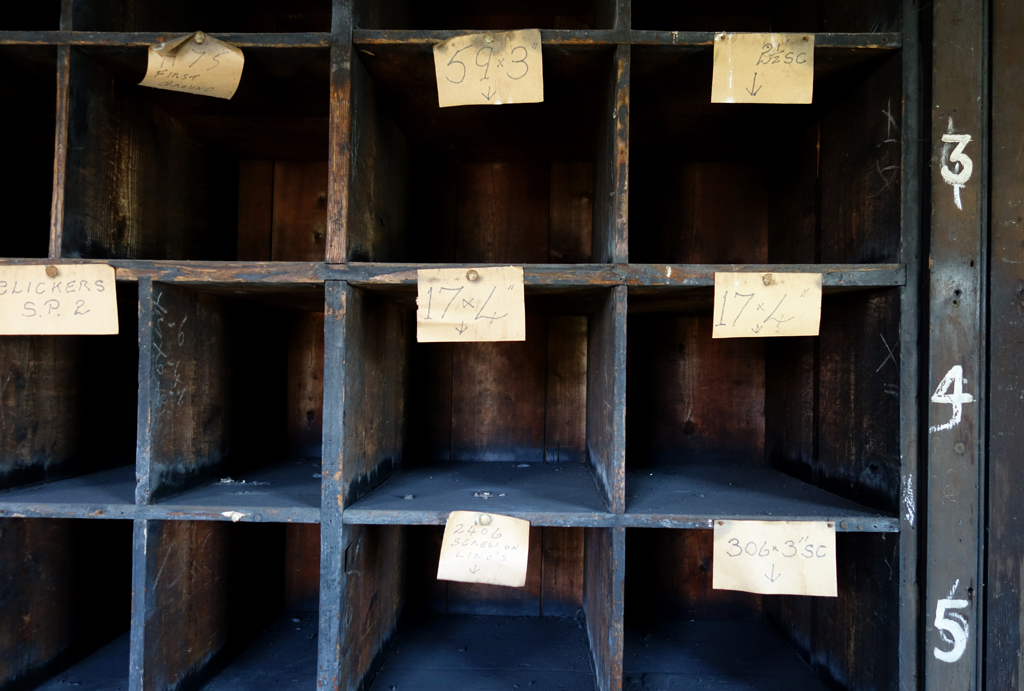
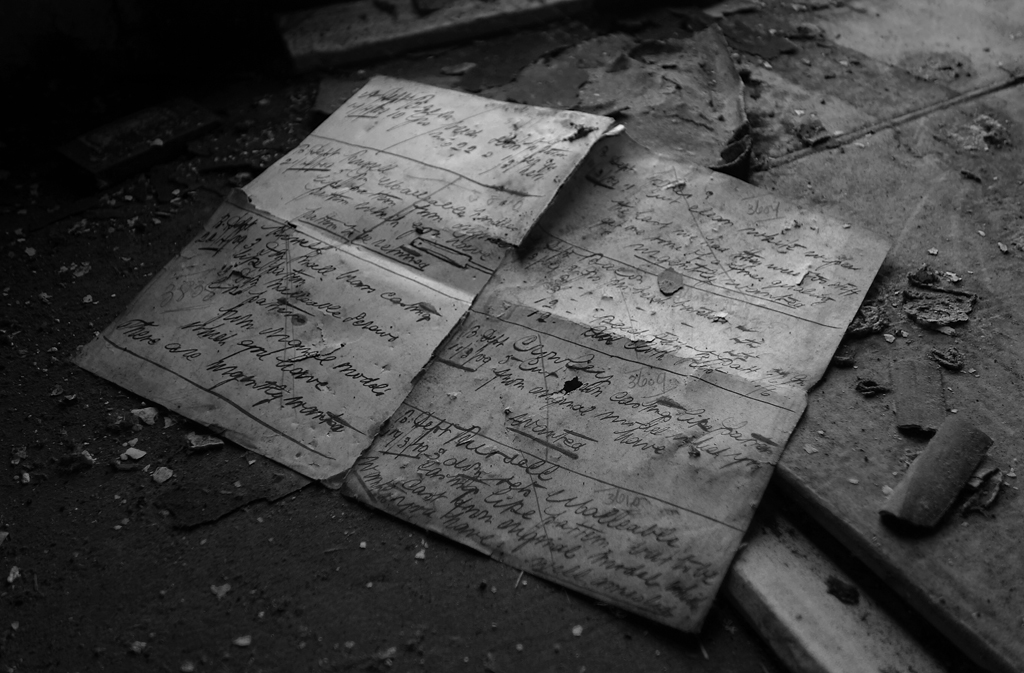
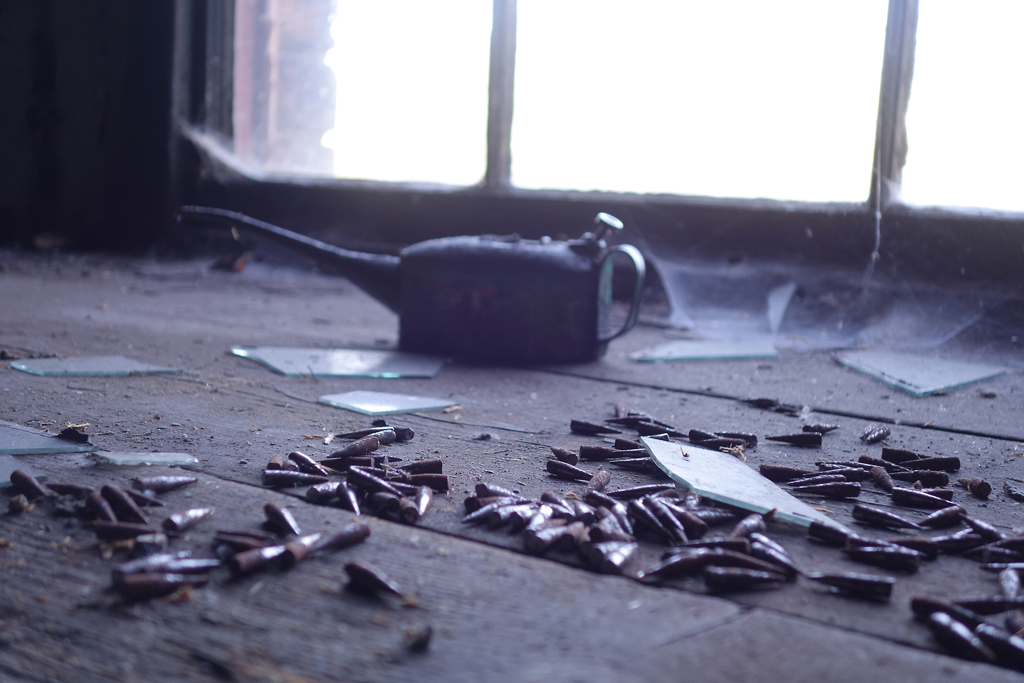
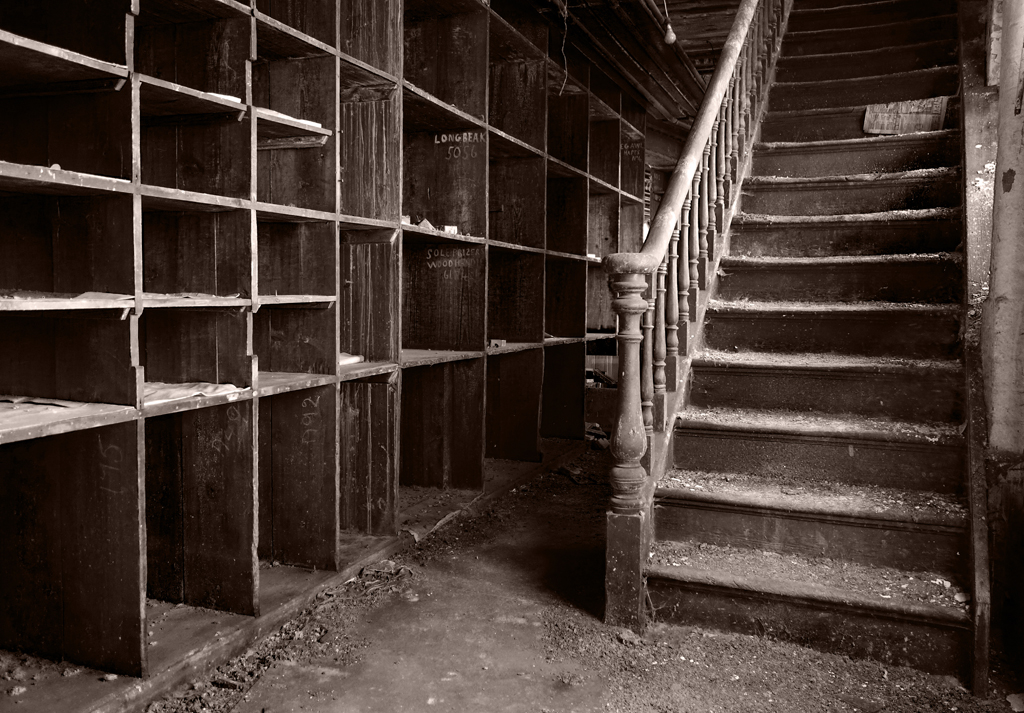
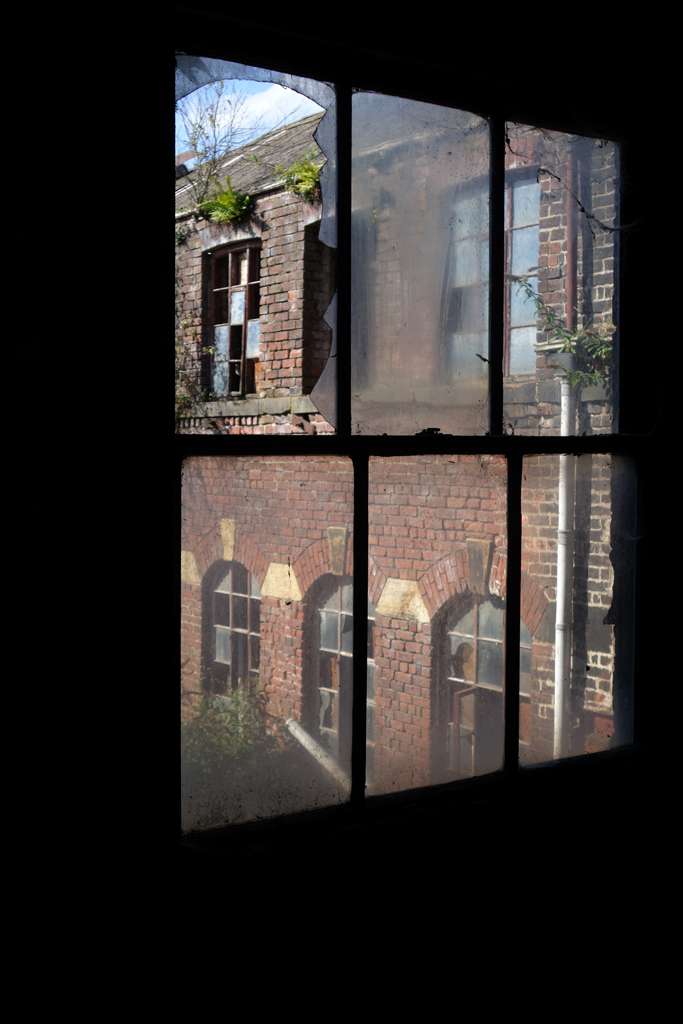
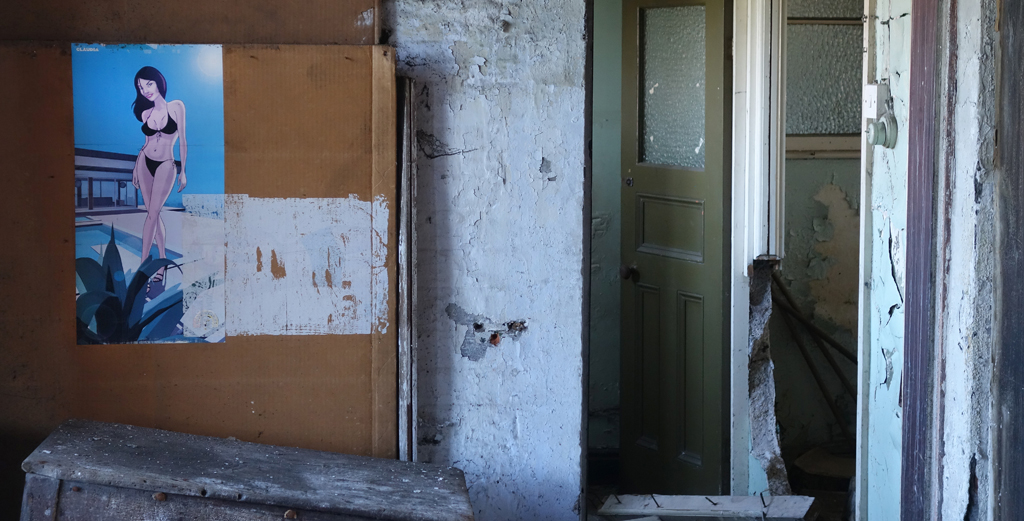
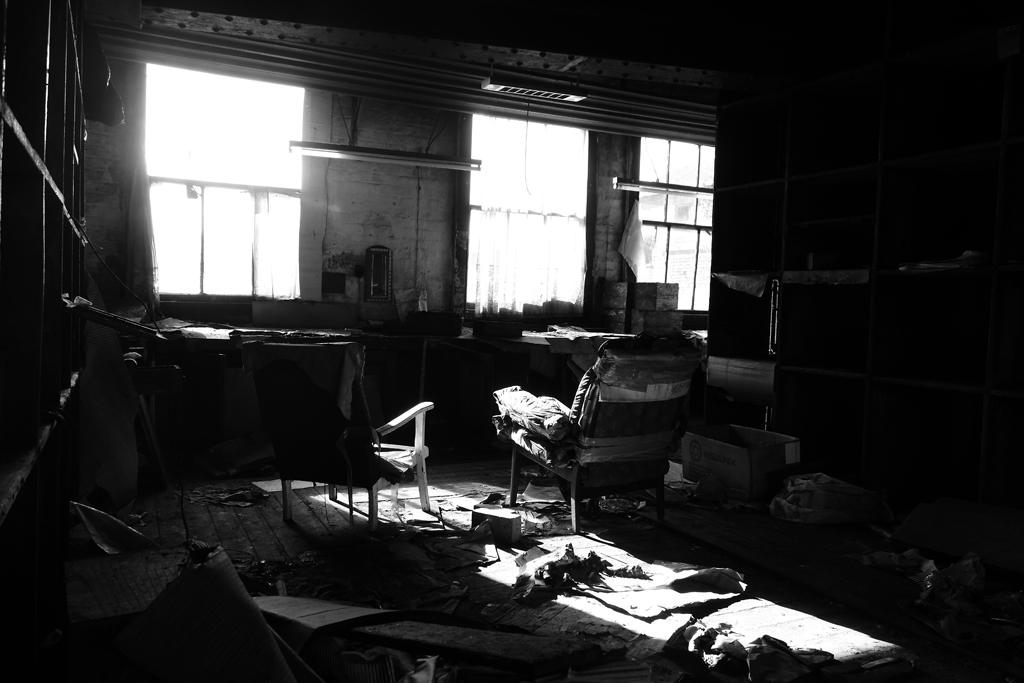
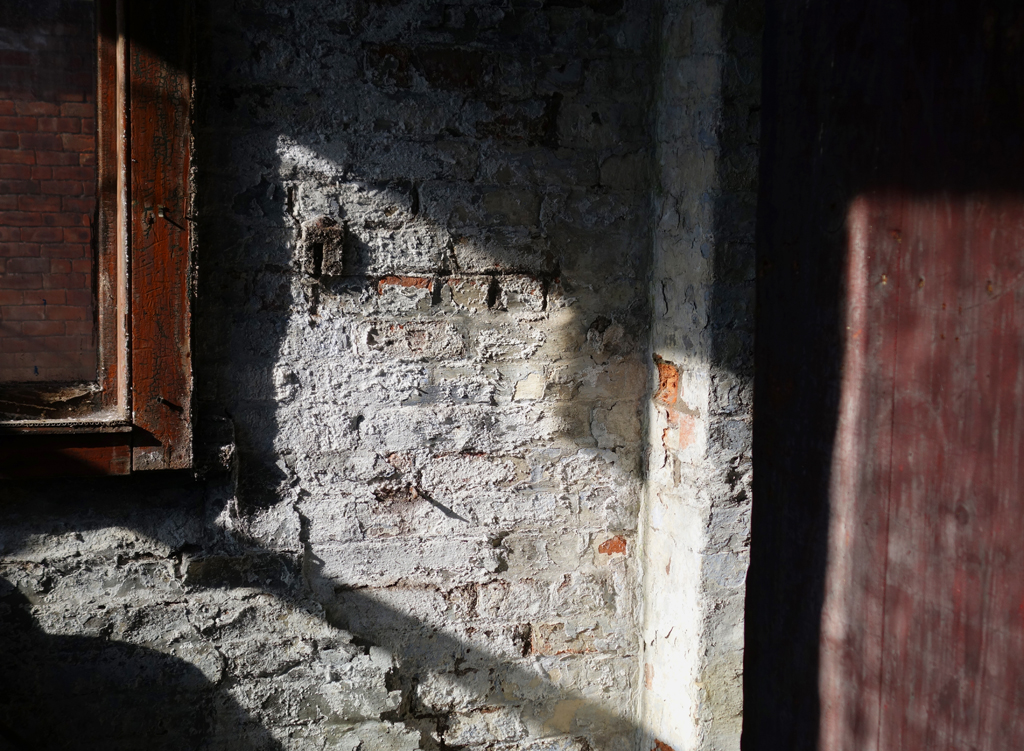
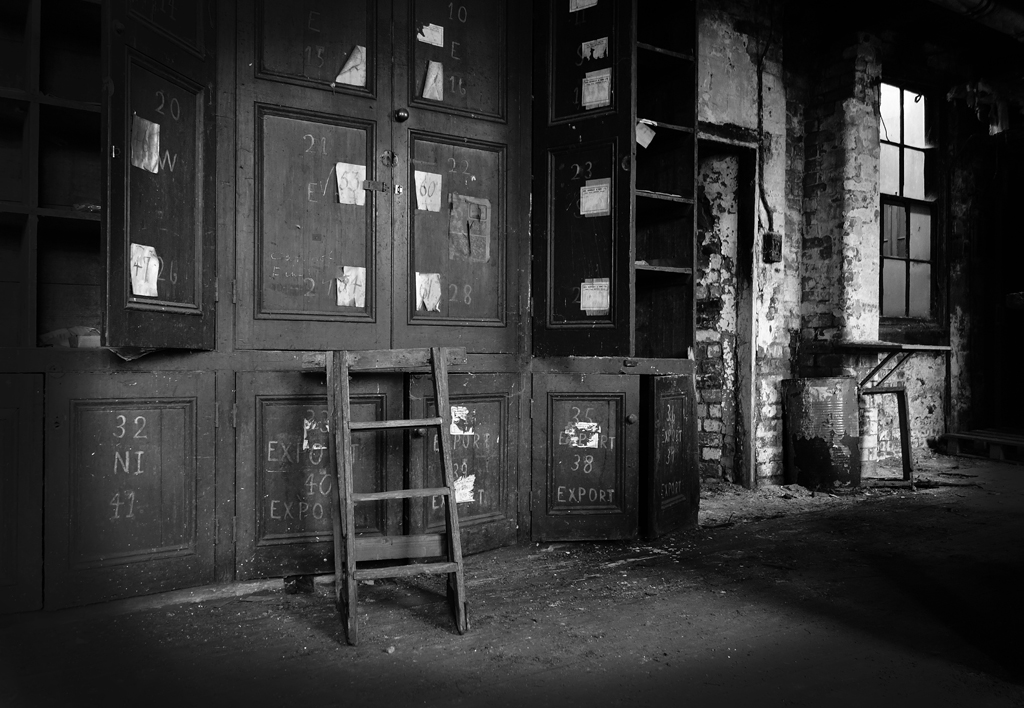
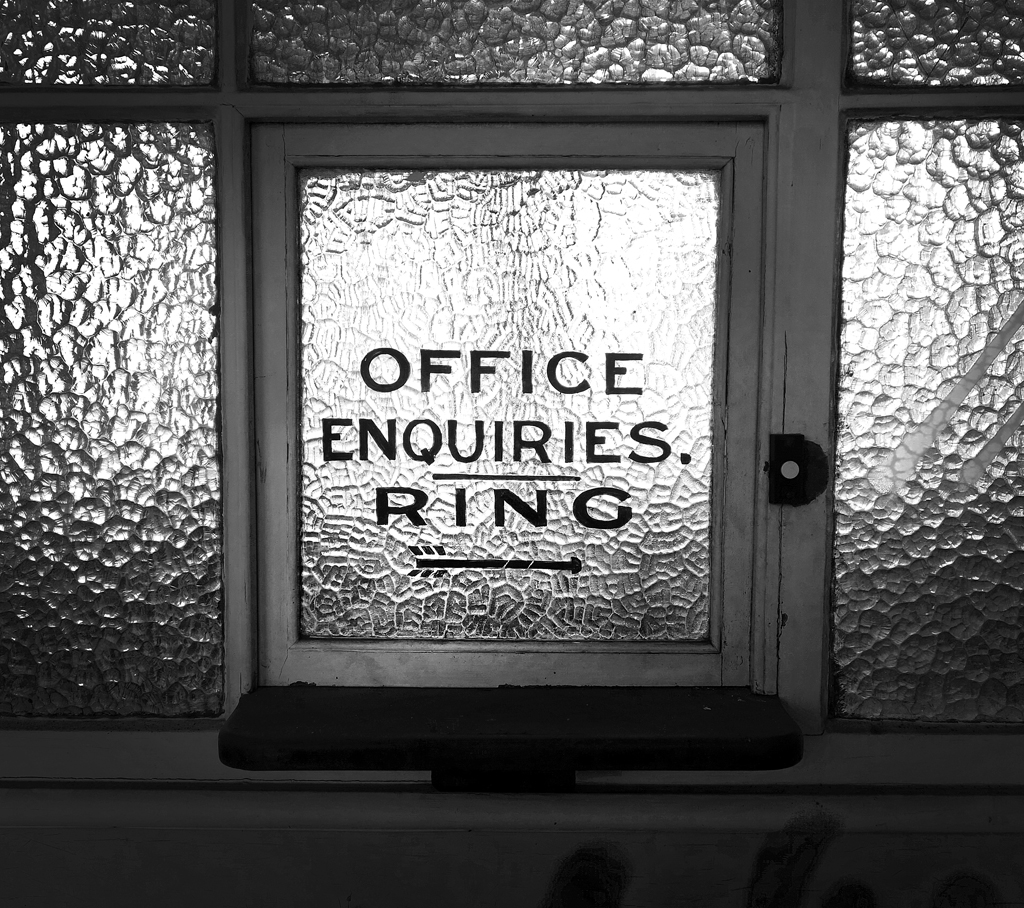
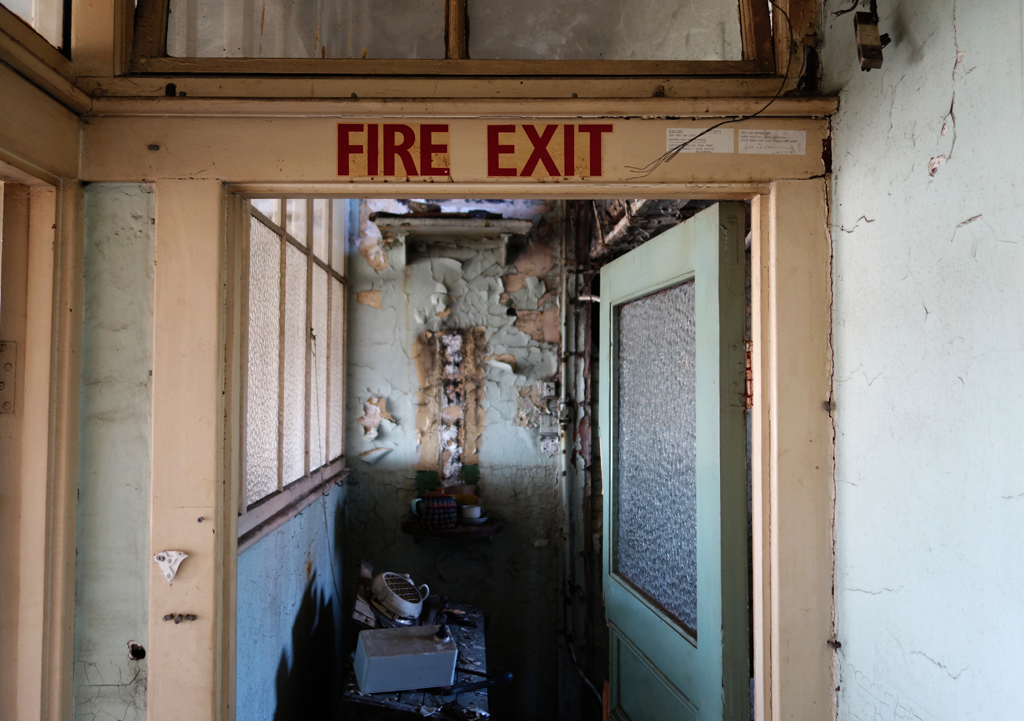
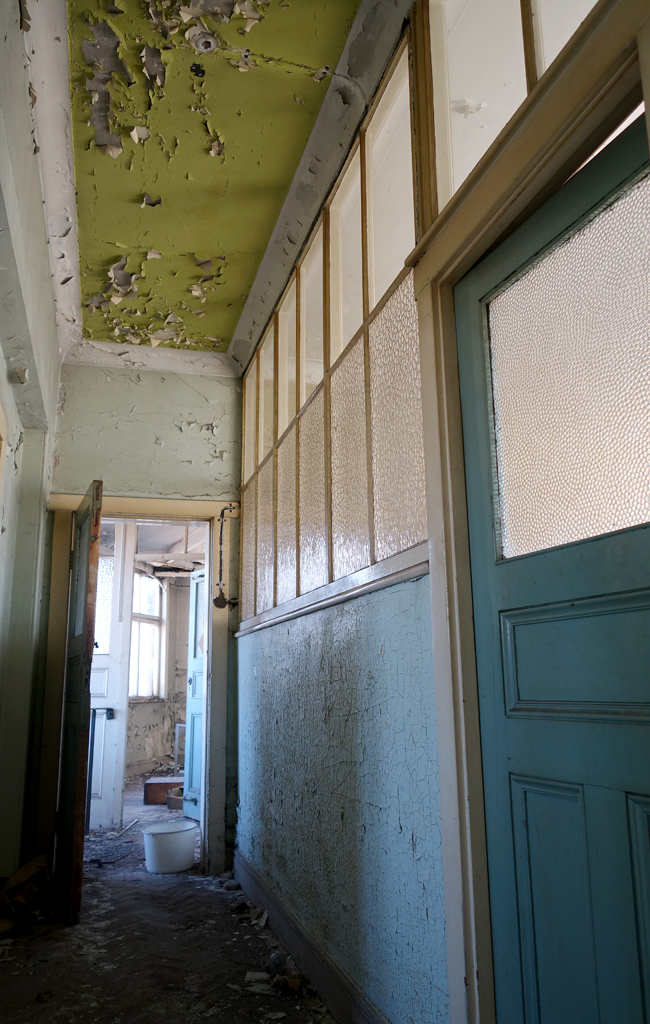
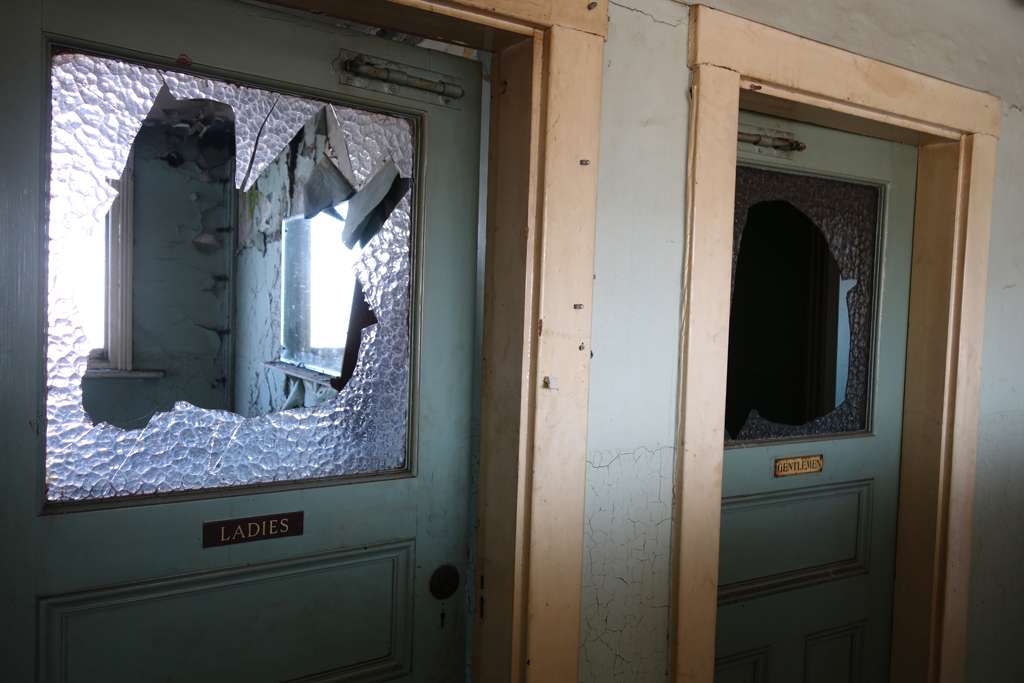
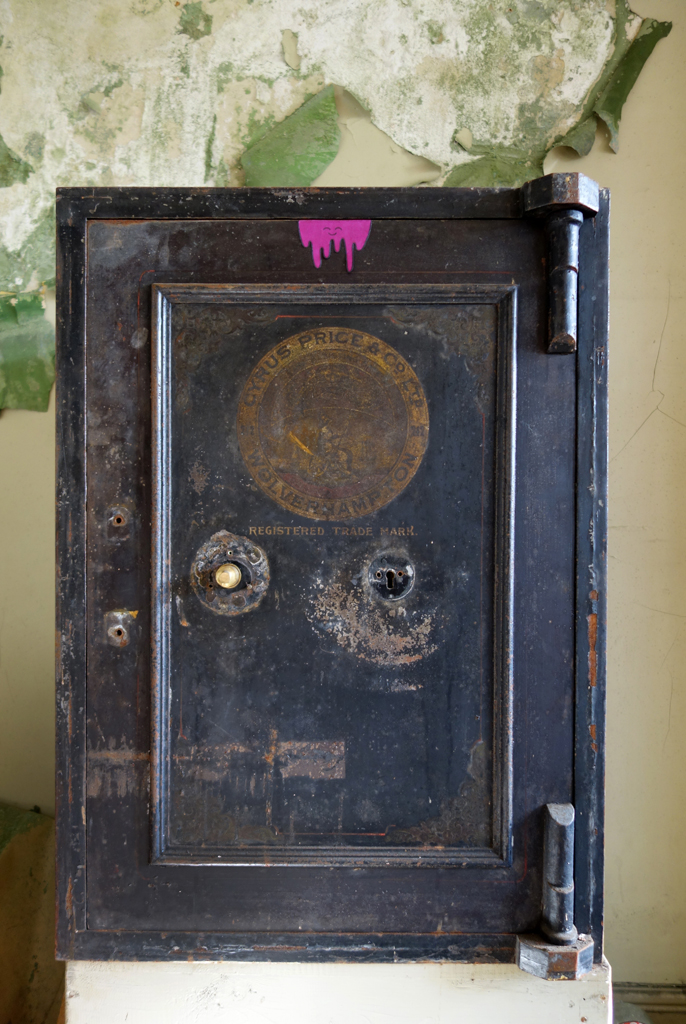
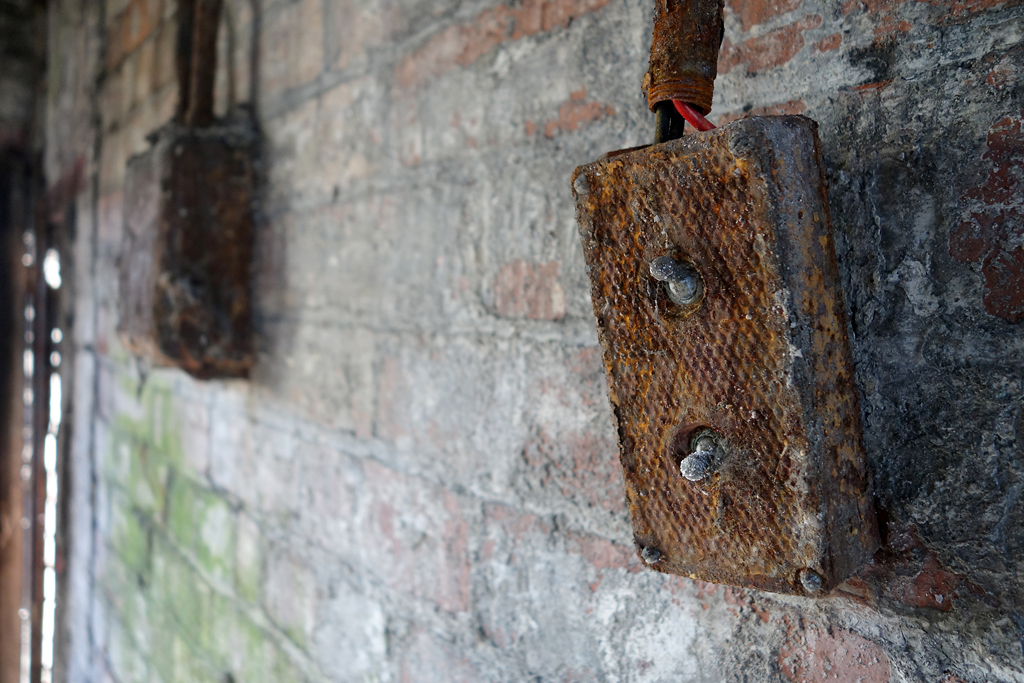
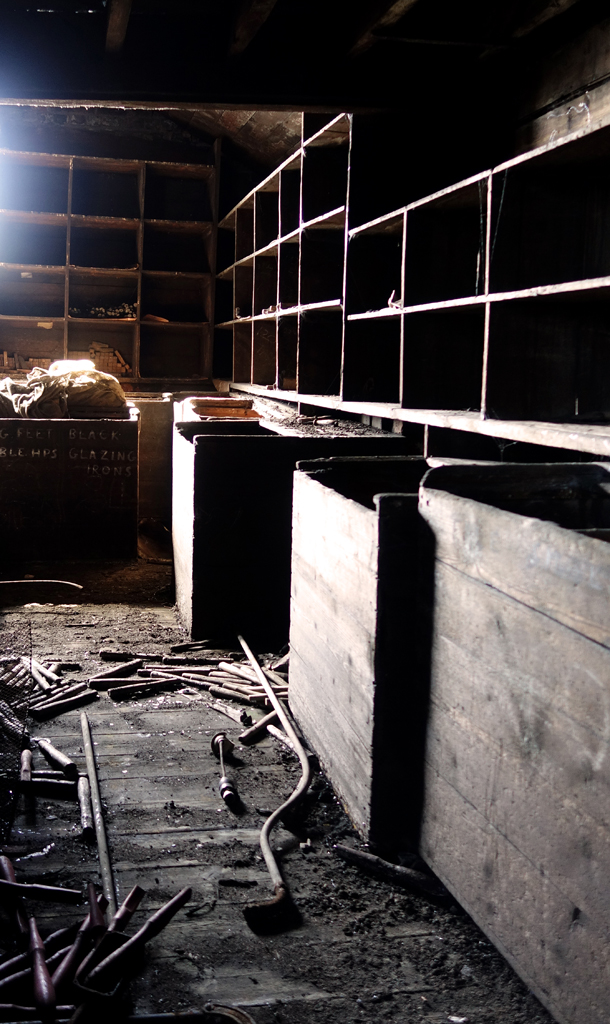
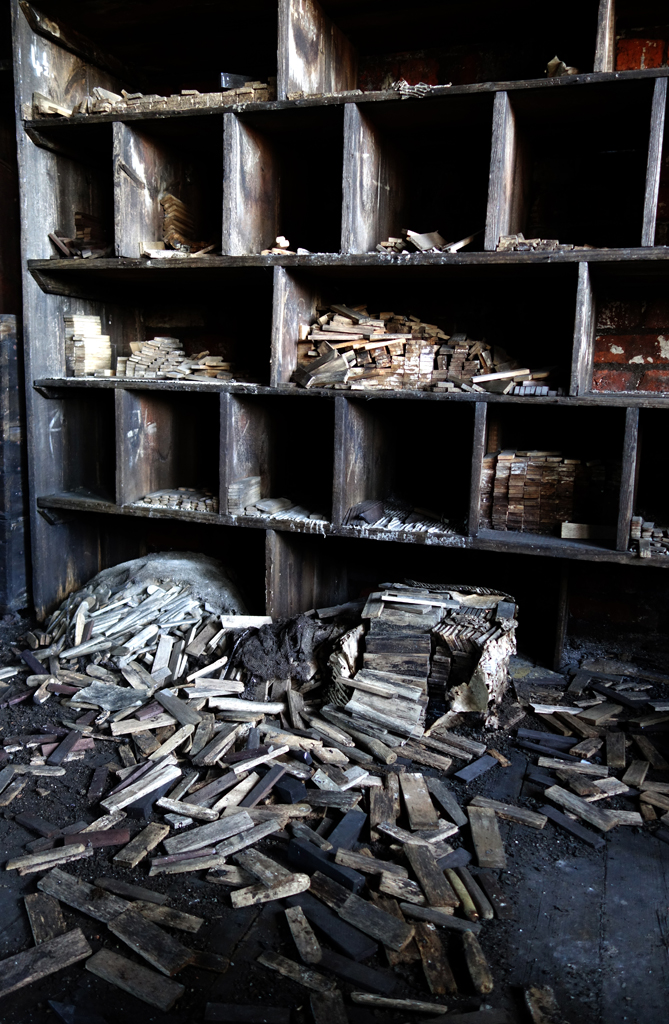
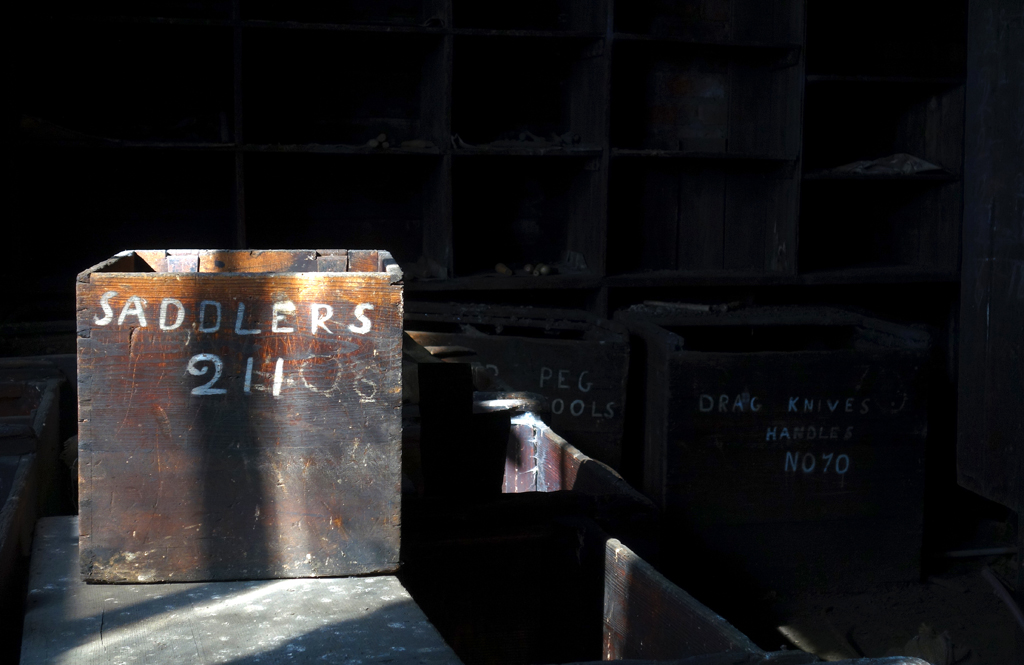
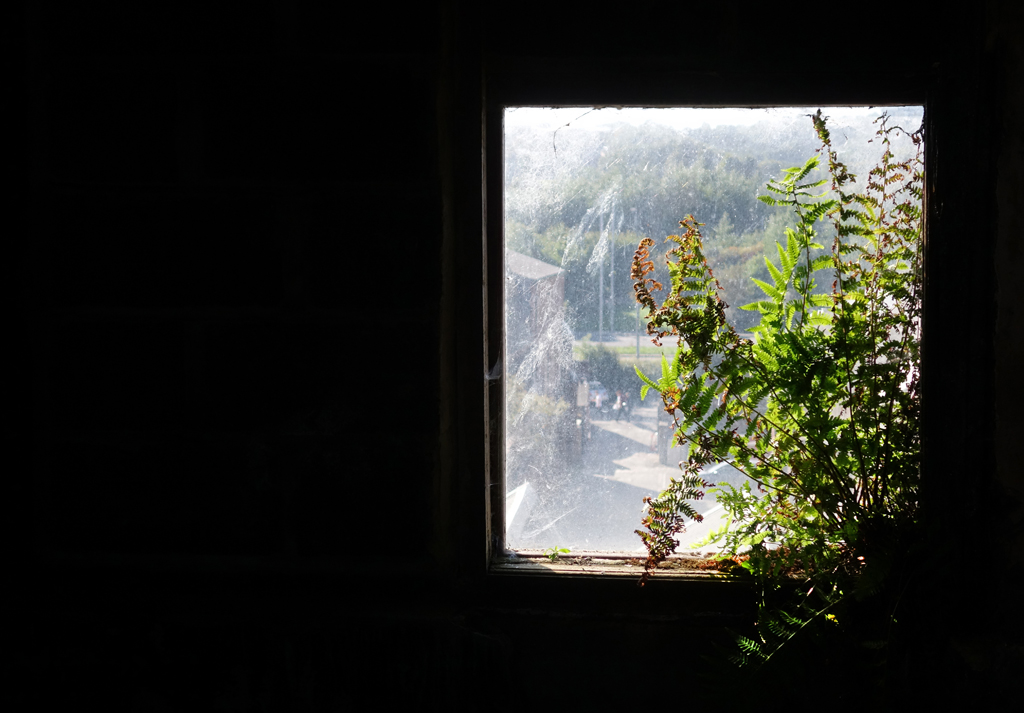
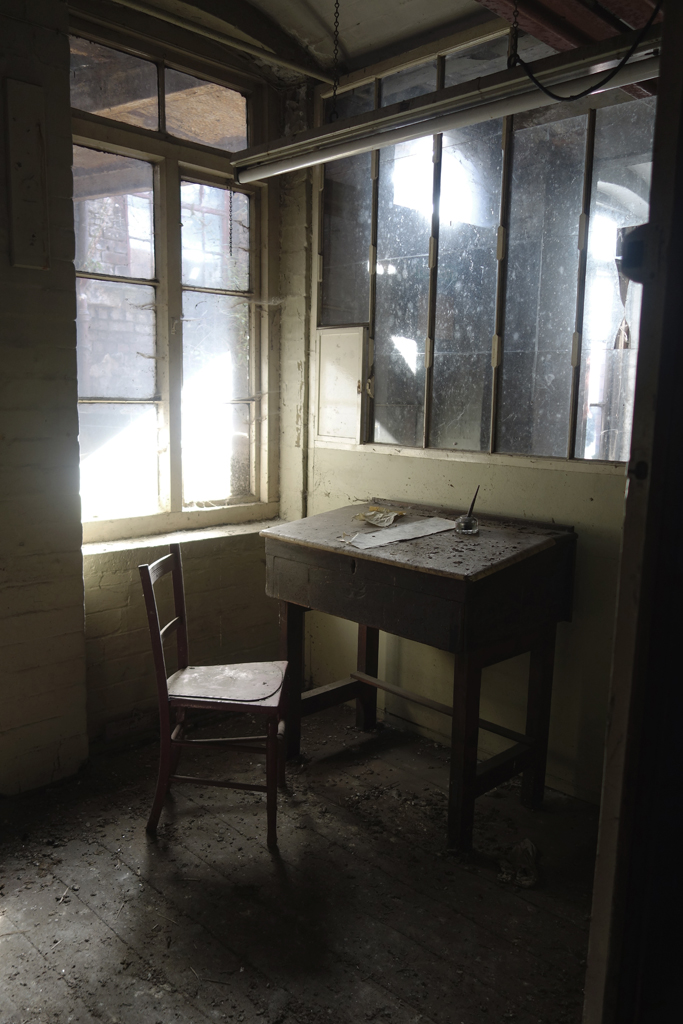
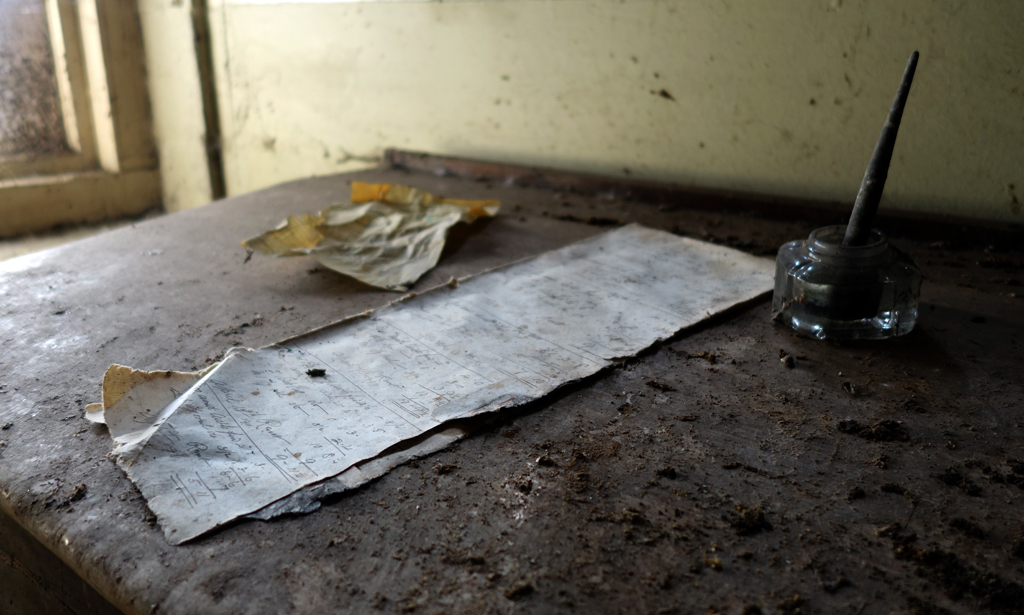
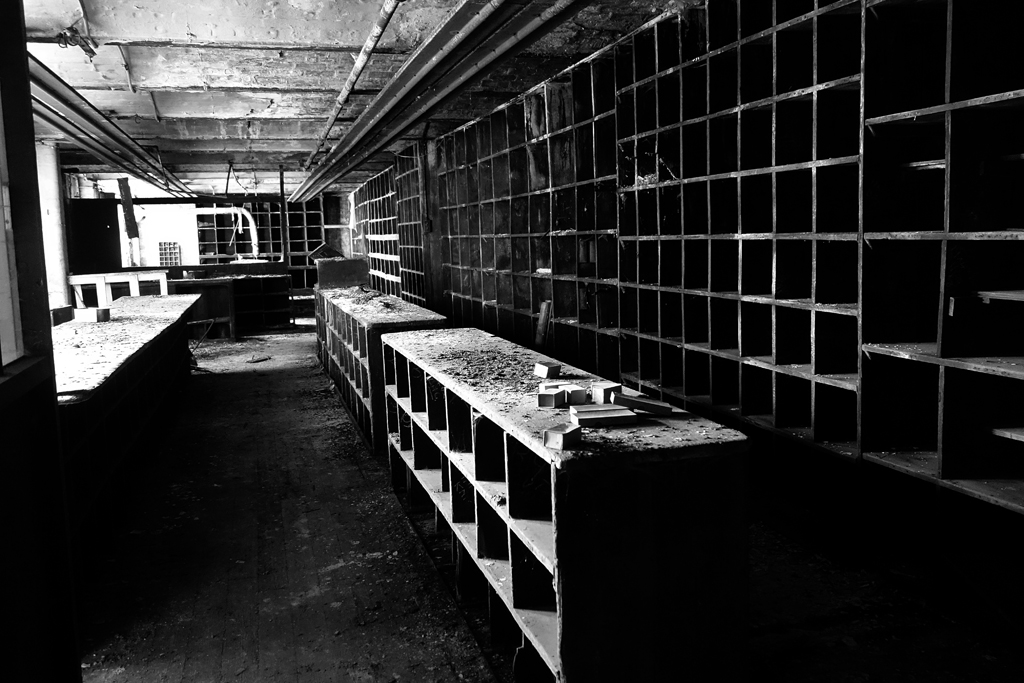
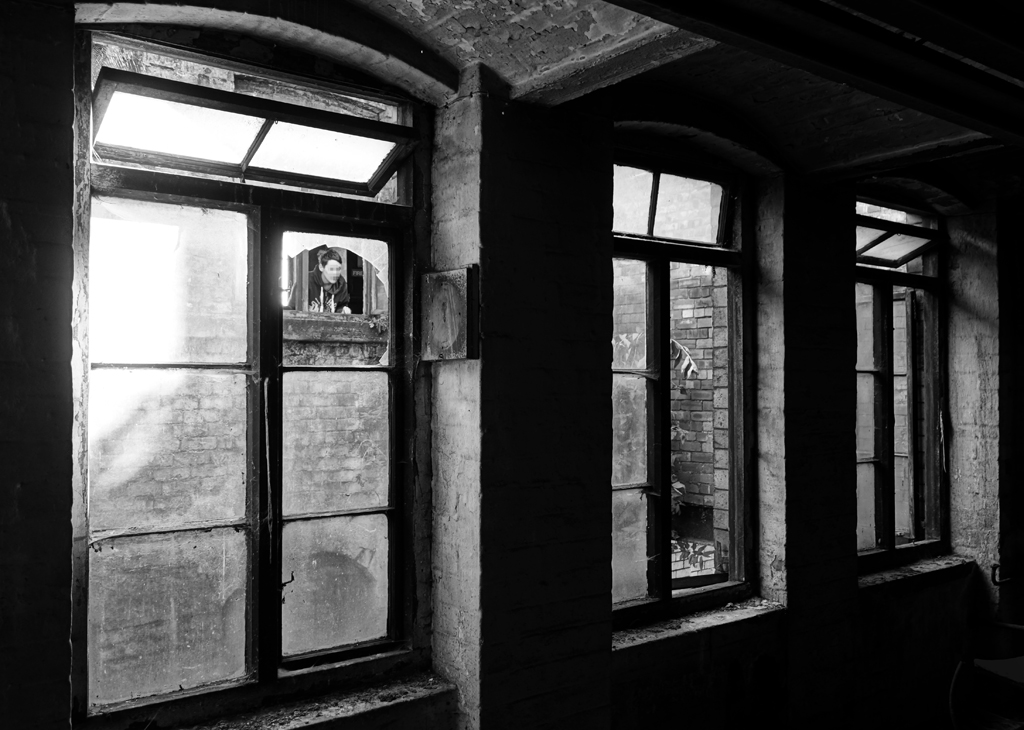
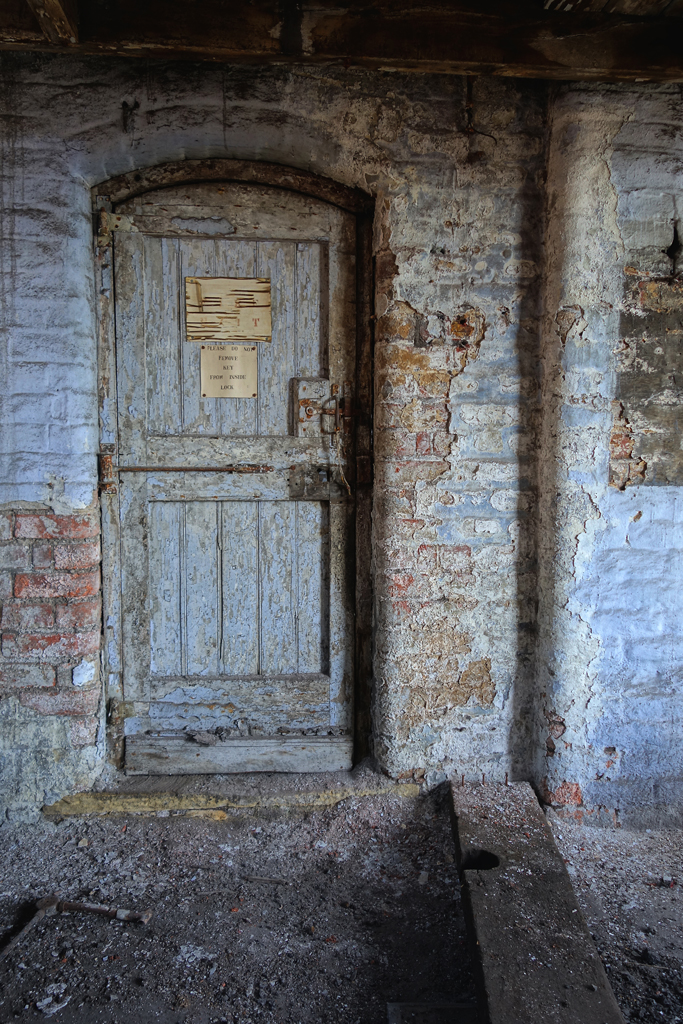
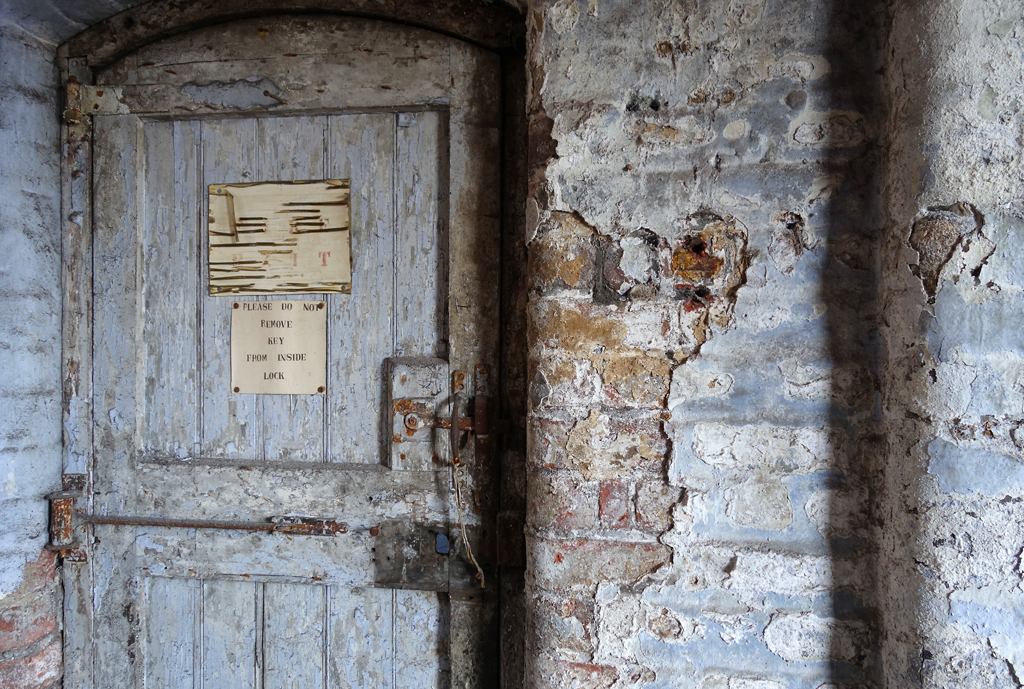
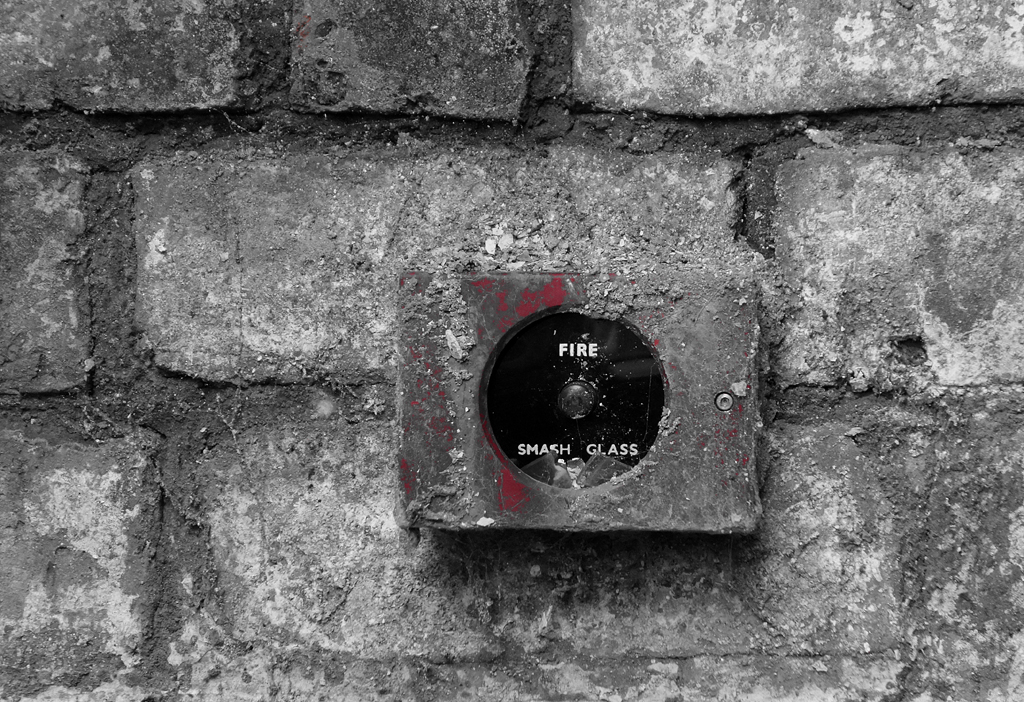
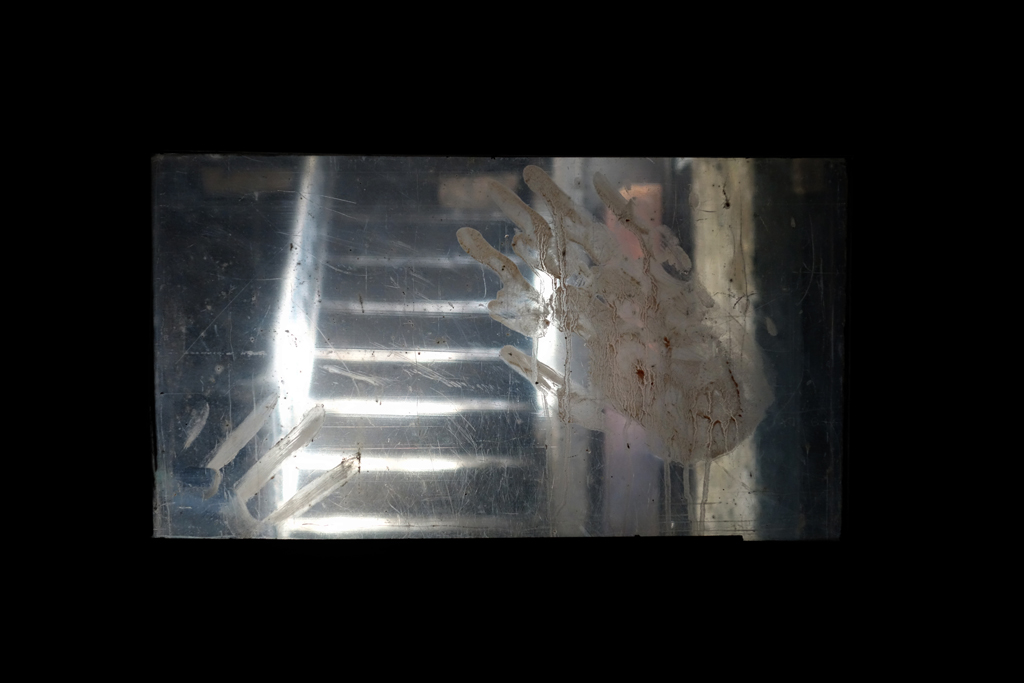
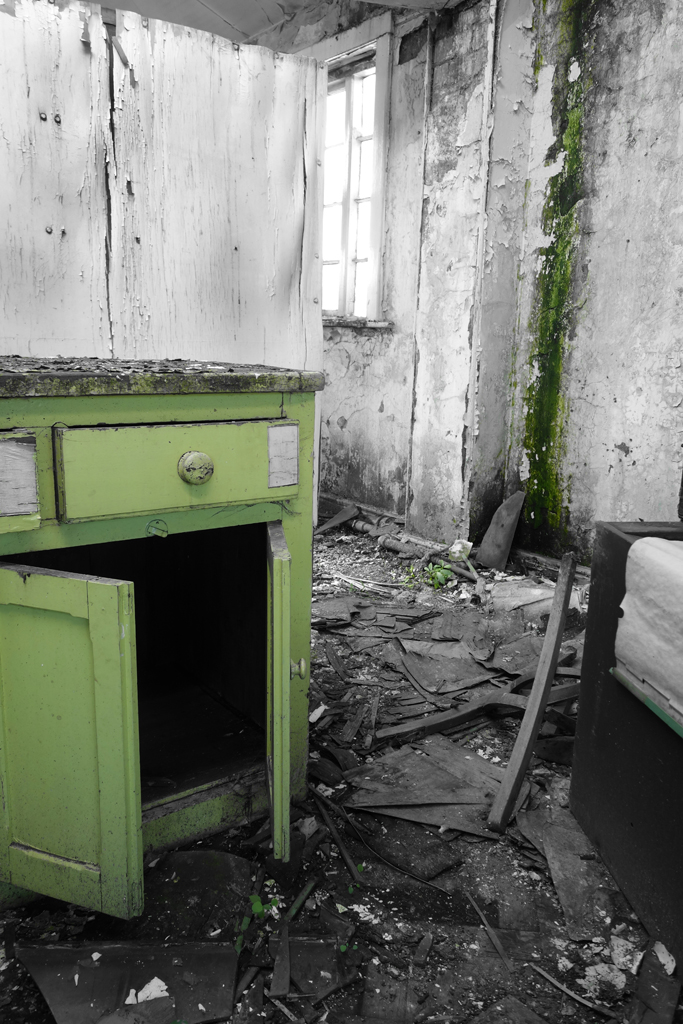
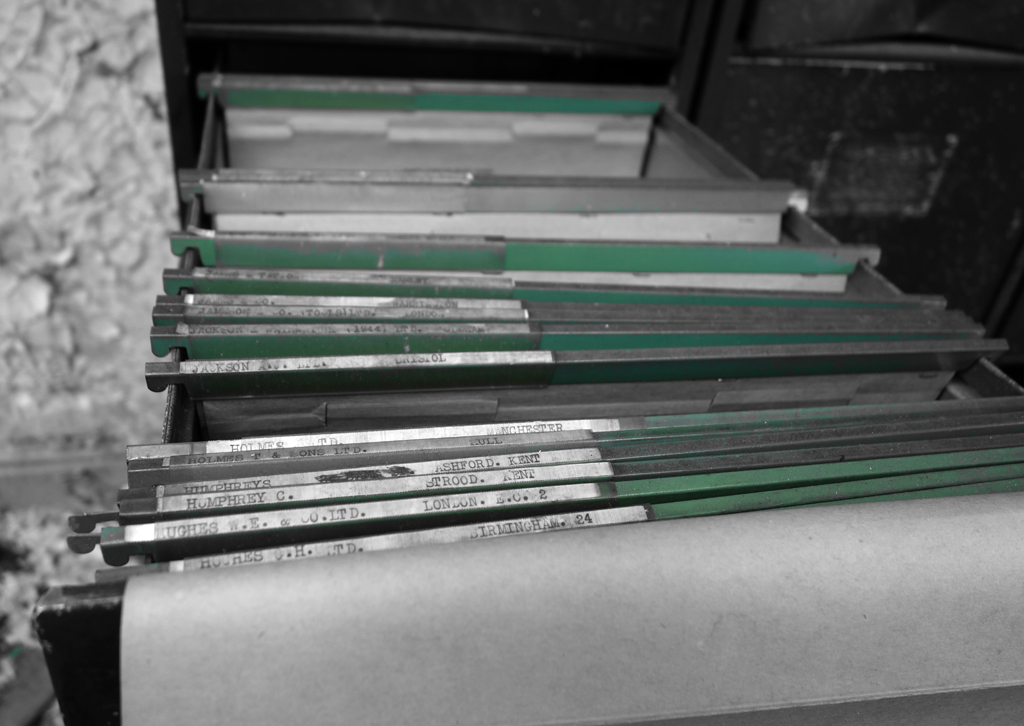
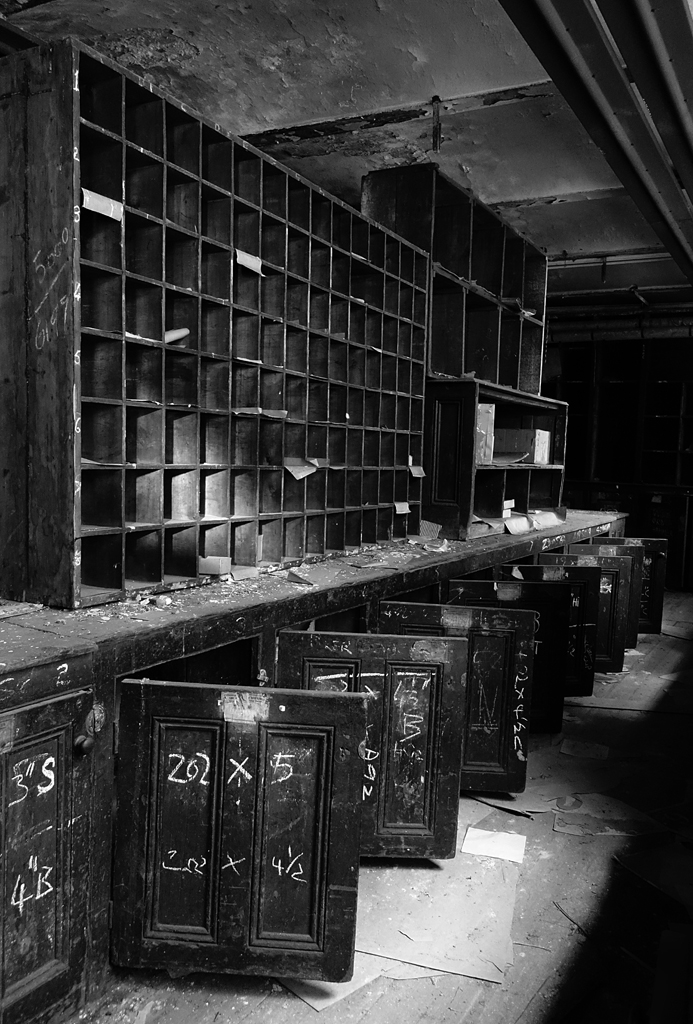
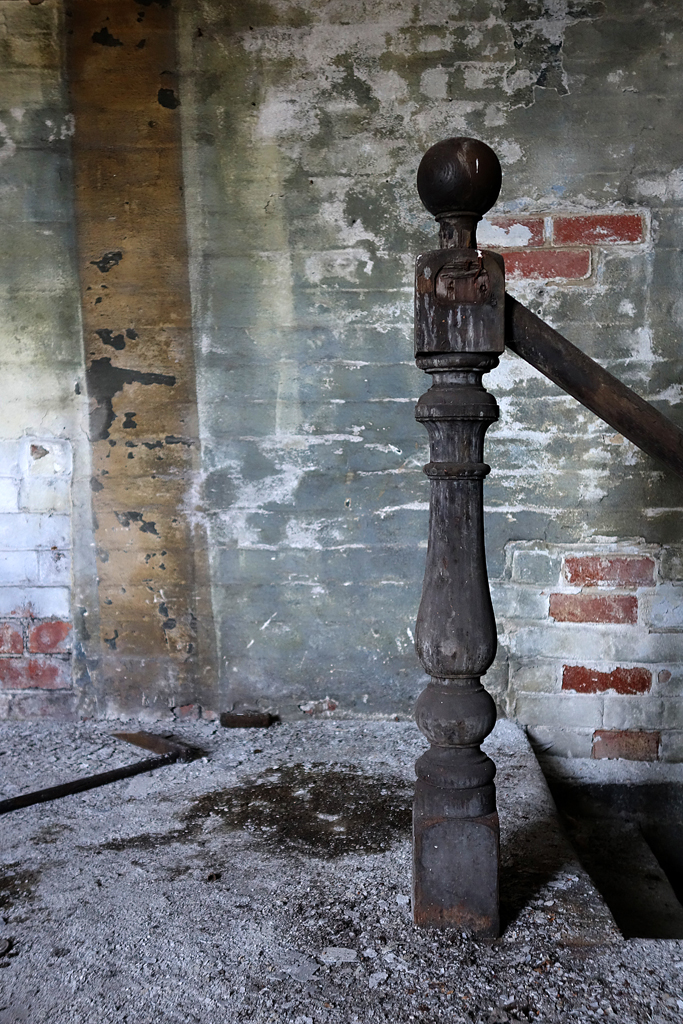
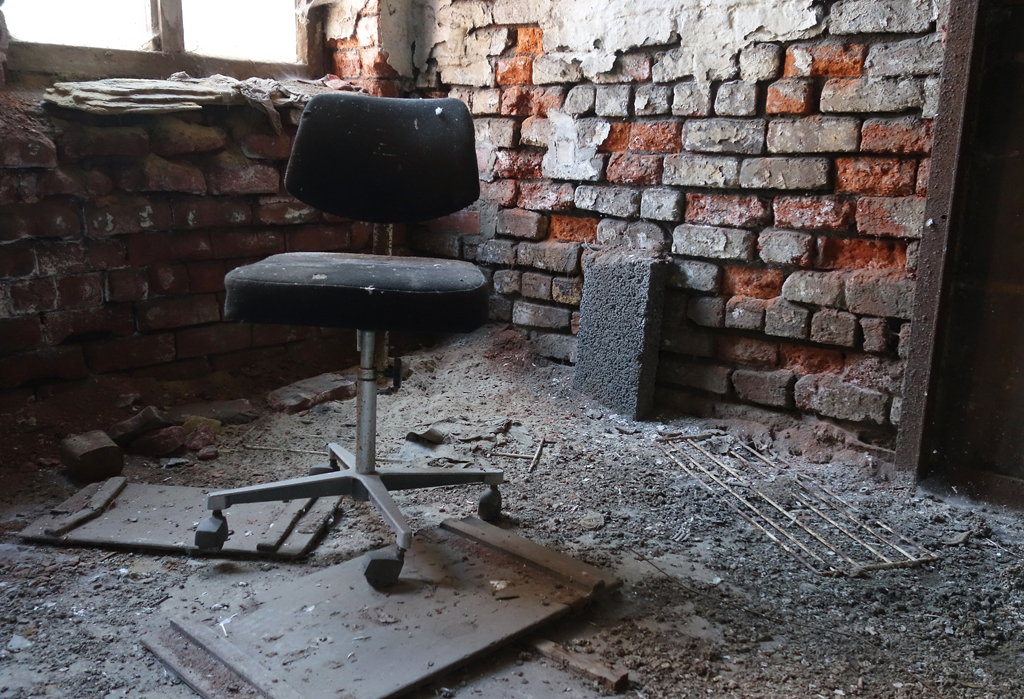
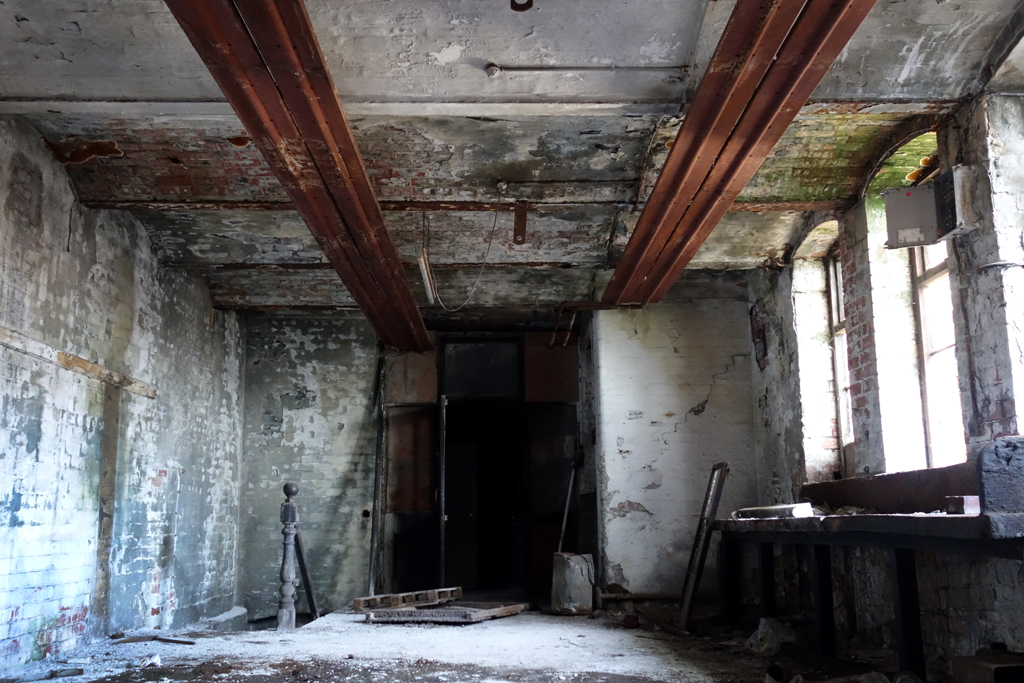
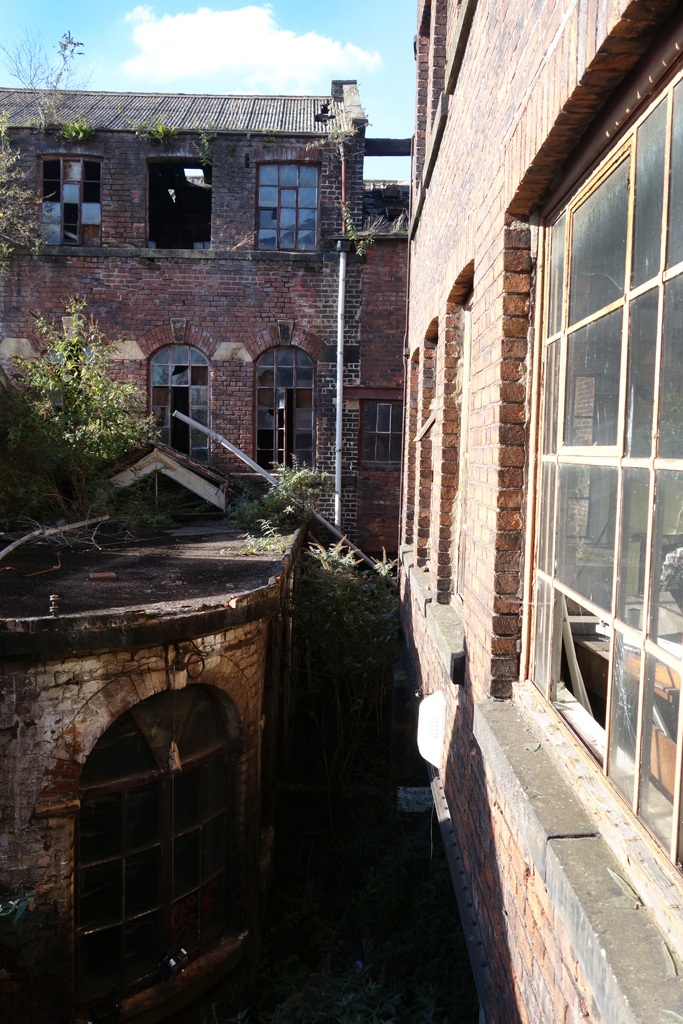
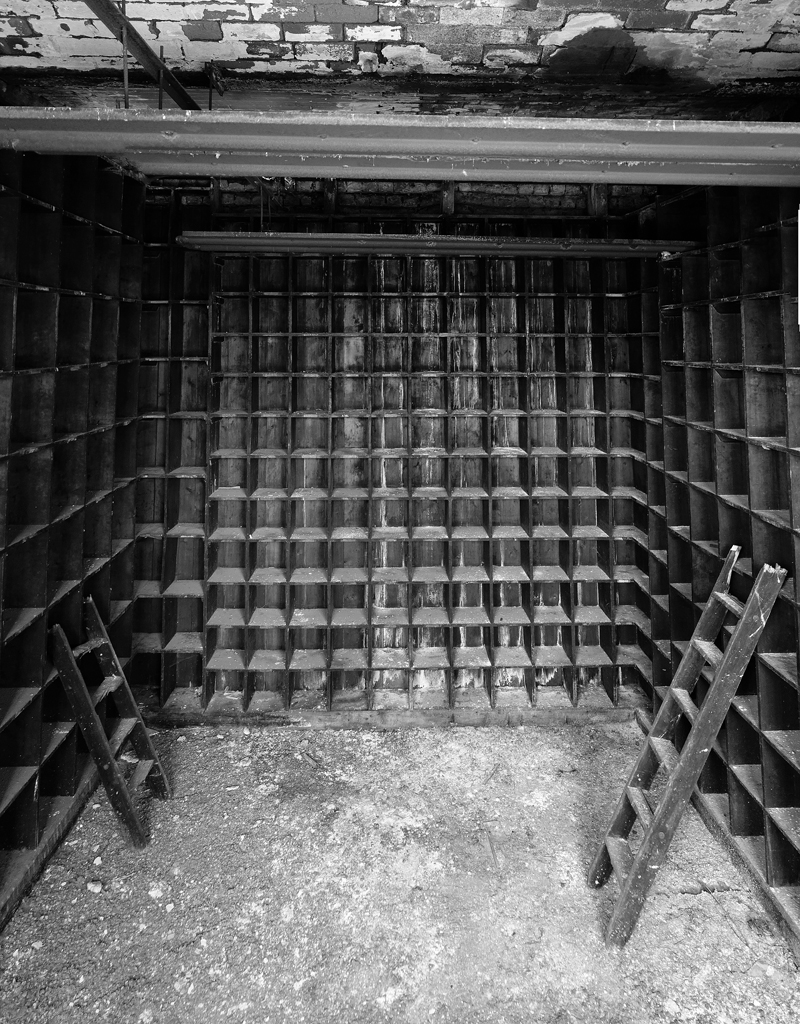
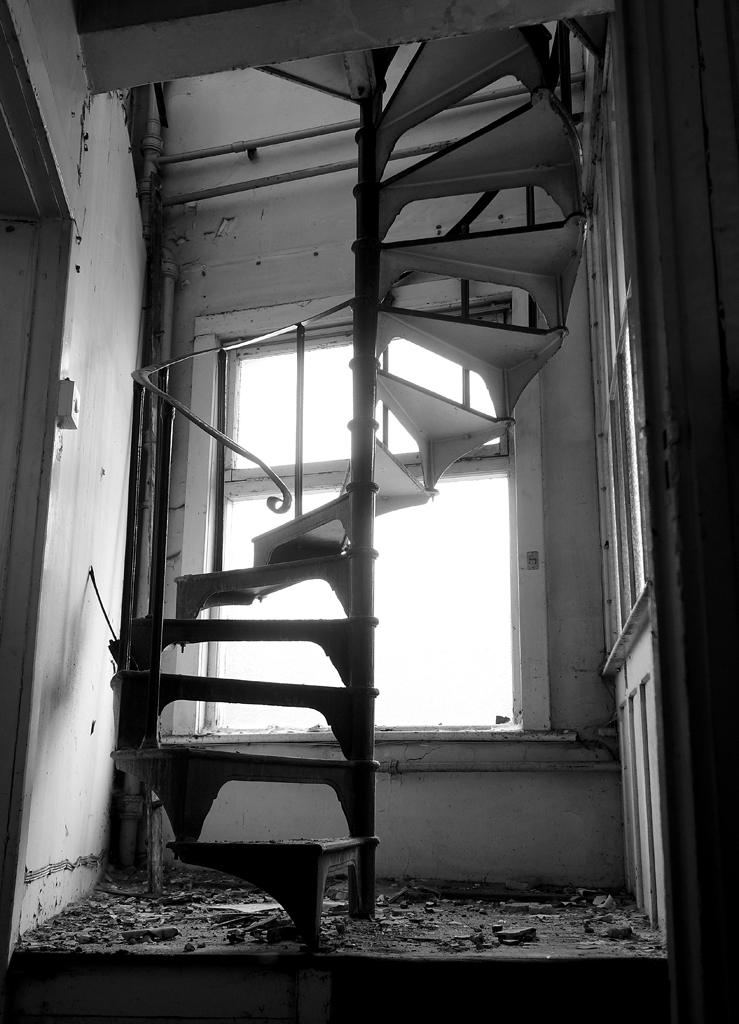
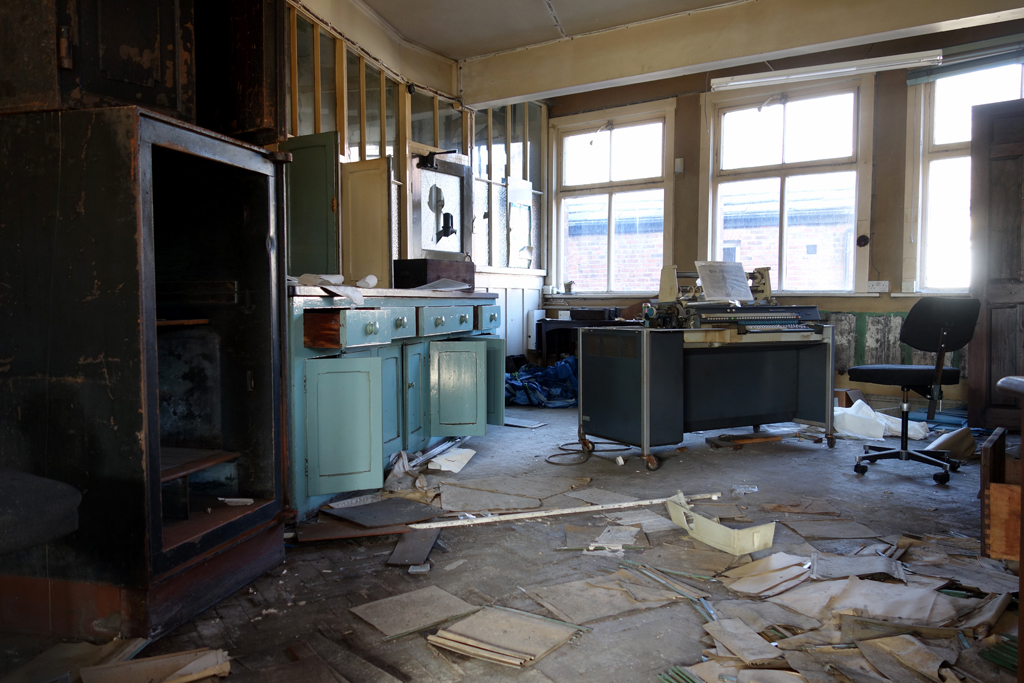
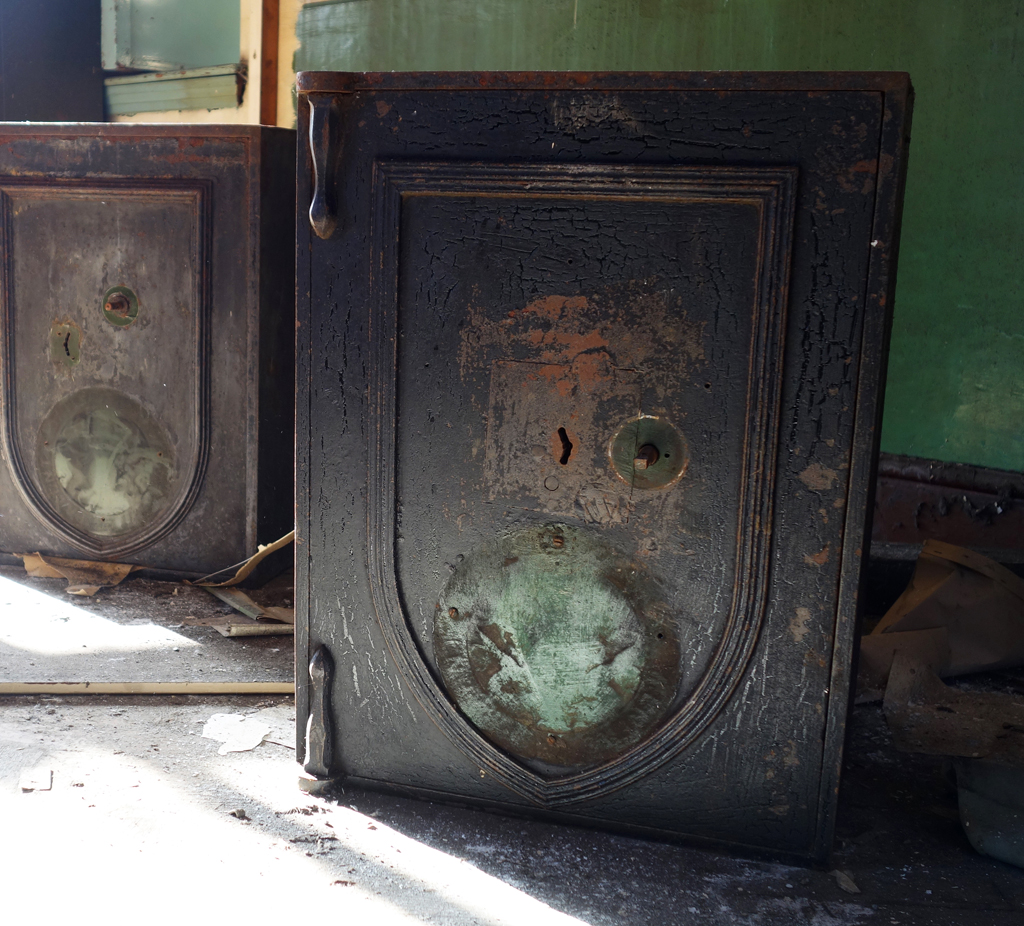
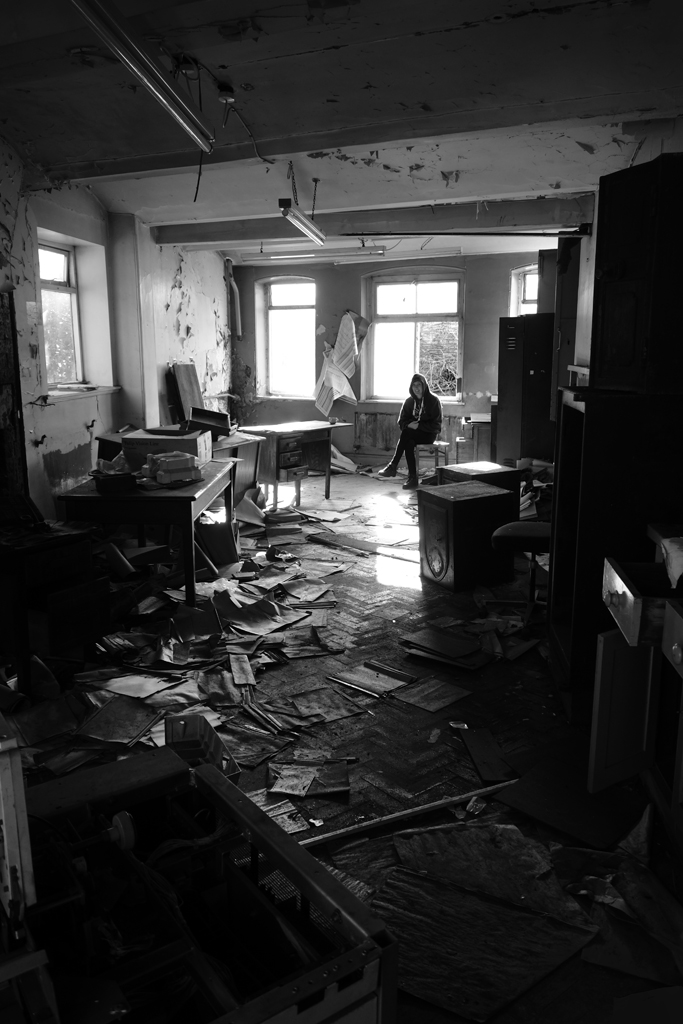
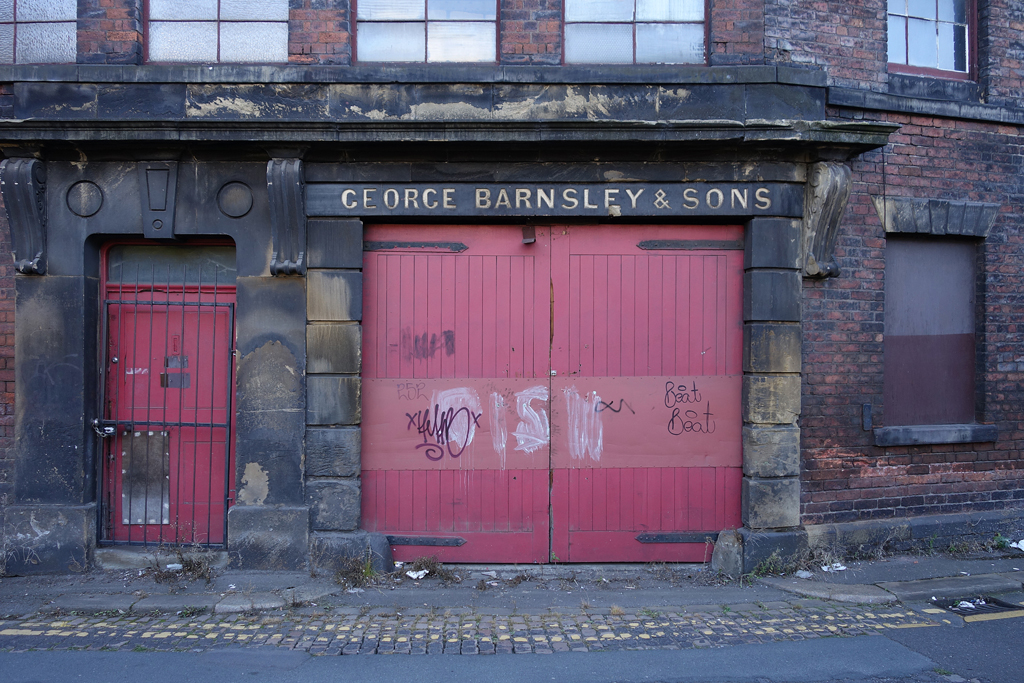
3 comments
Hello, great photos you have here! i was hoping for a little advice.. im a student studying interior architecture and i am interested in using this building for my grad project. I am new to ‘urban exploration’ and was wondering how I go about getting in the building? any advice would be great!! sophieflorencebray@hotmail.co.uk
Hi Sophie. Sorry for the delay in replying – we never give out info on access to sites I’m afraid, but finding your own way in is all part of the experience! I hope that you’ve visited by now, and wish you all the best with your grad project.